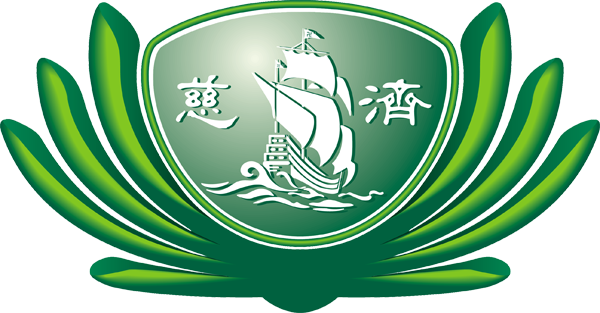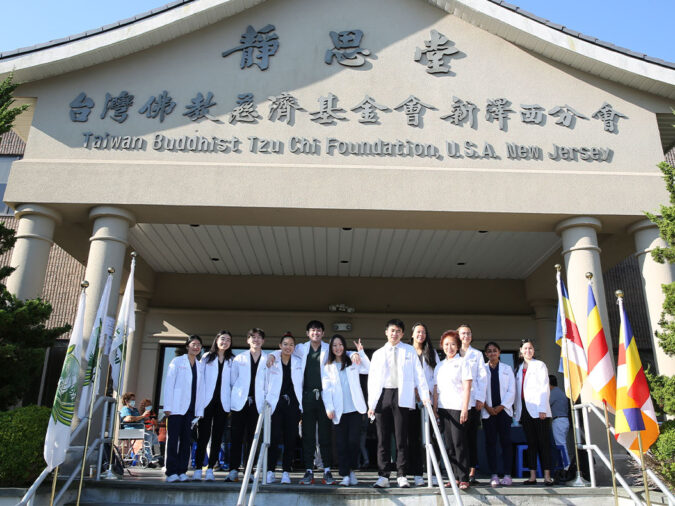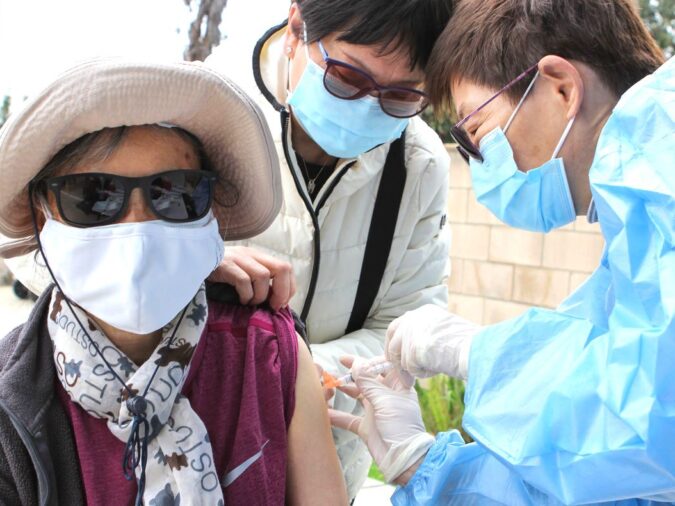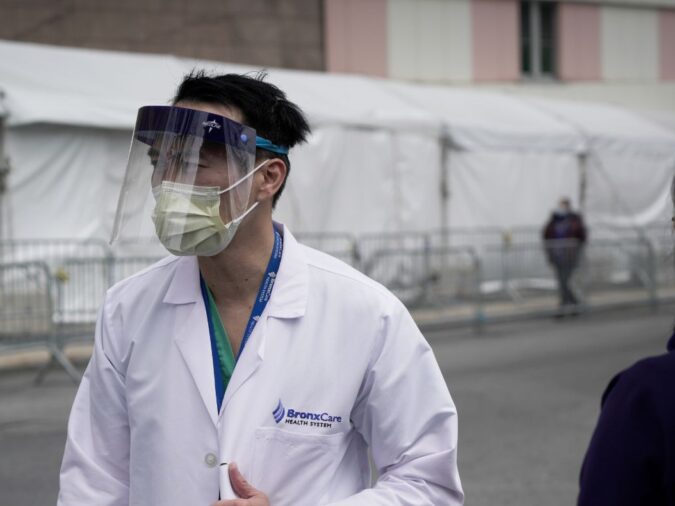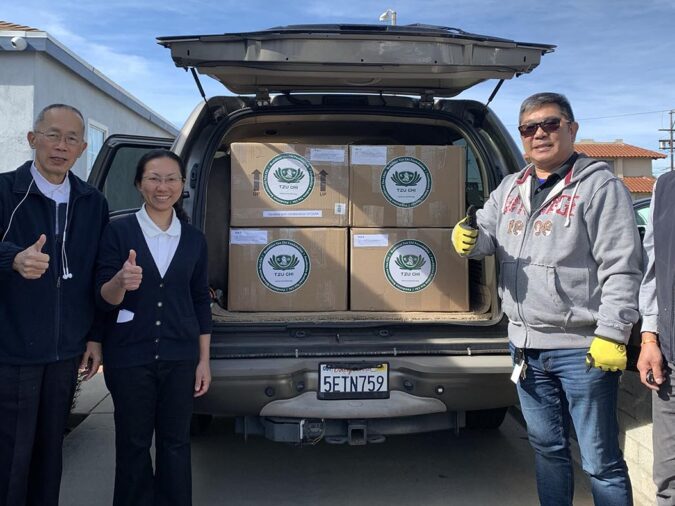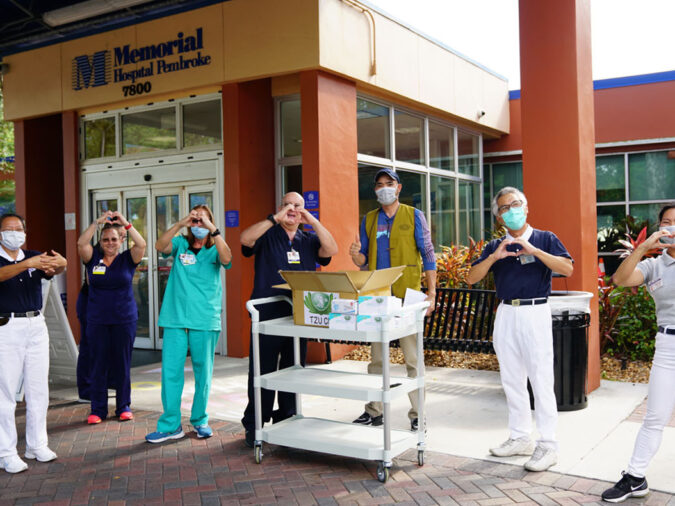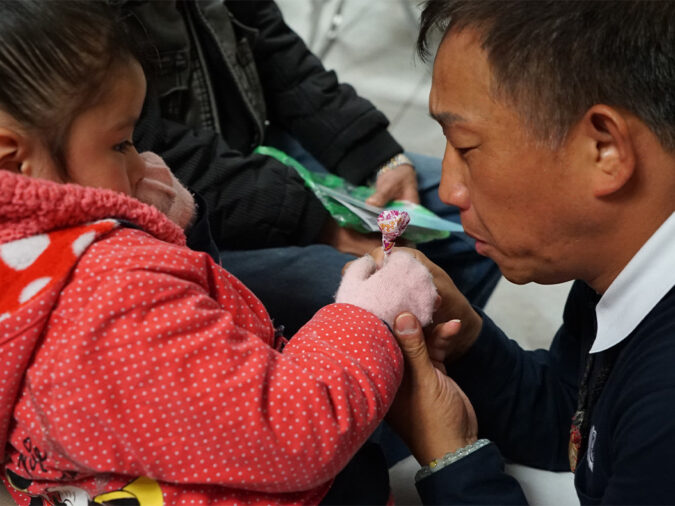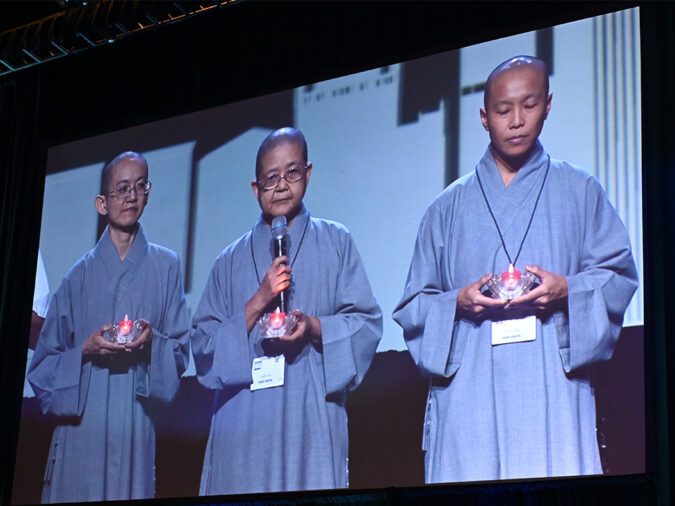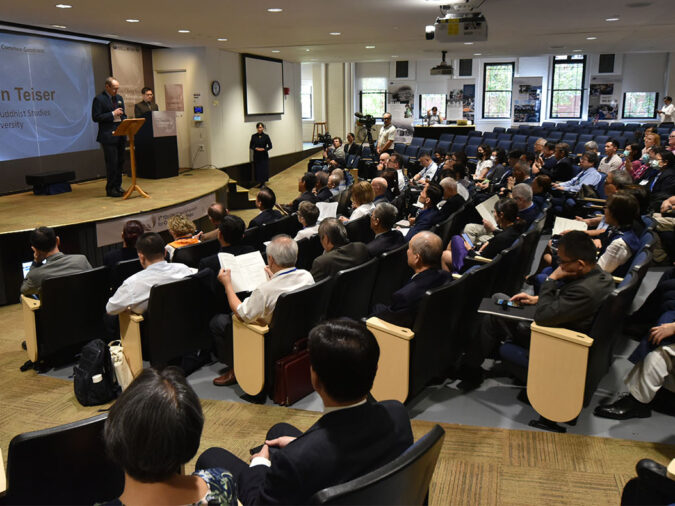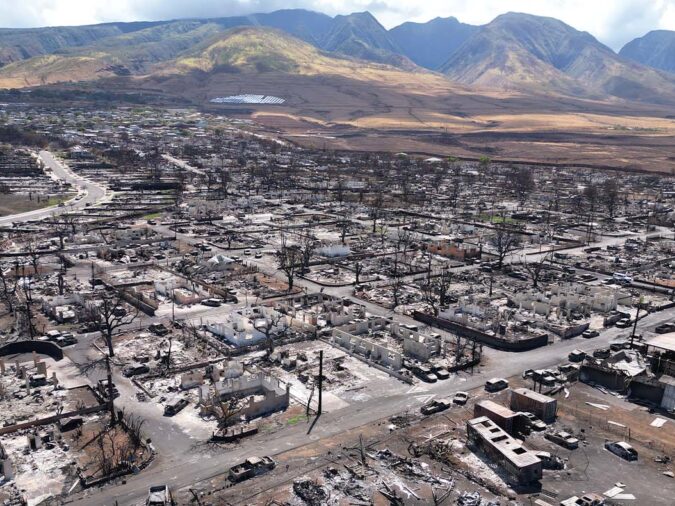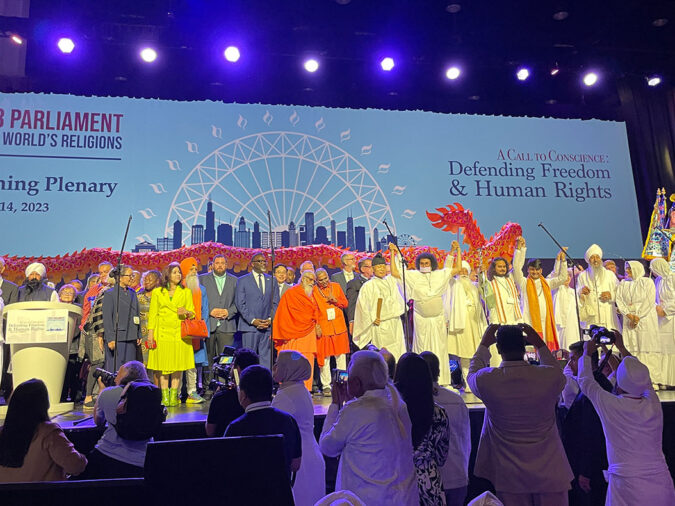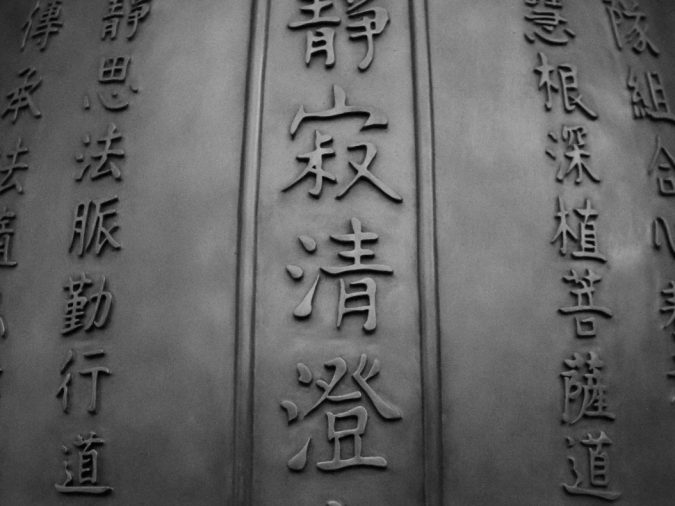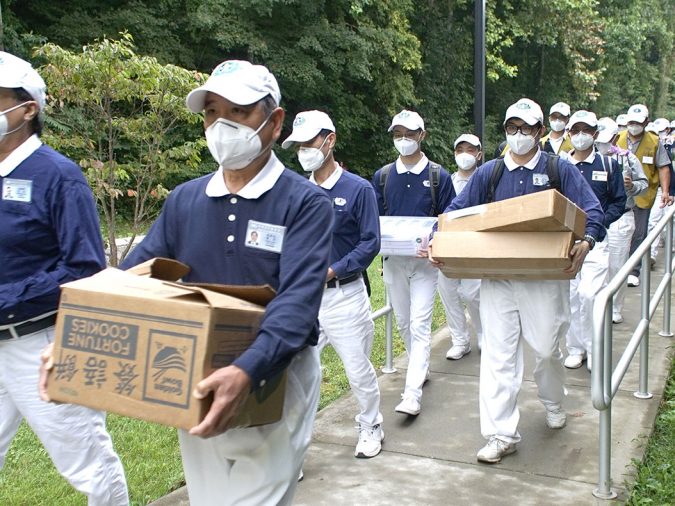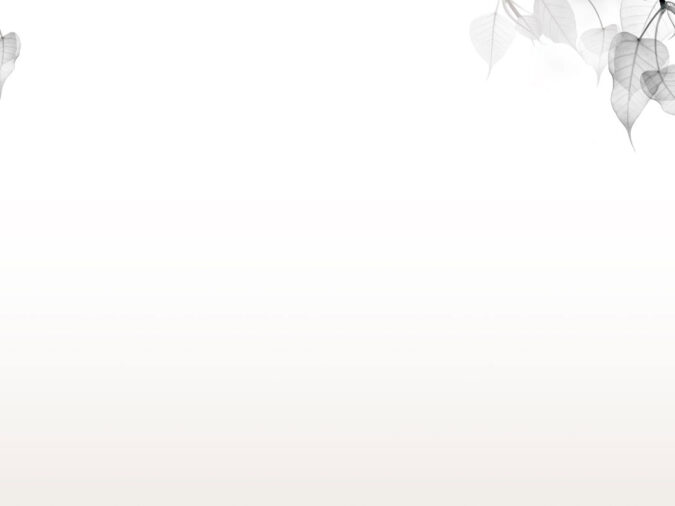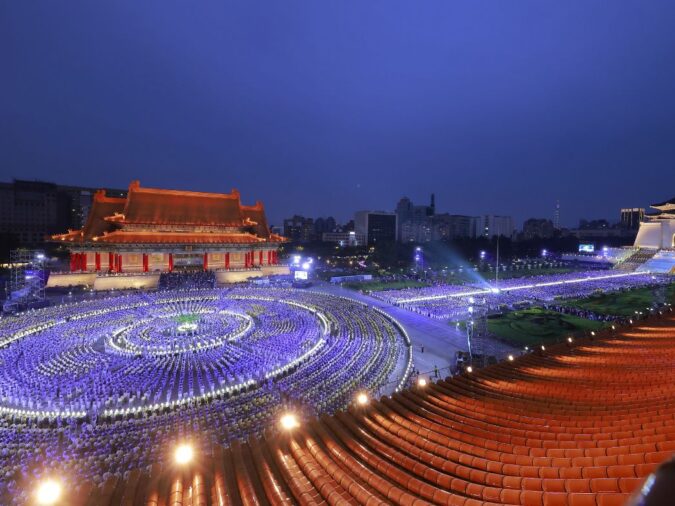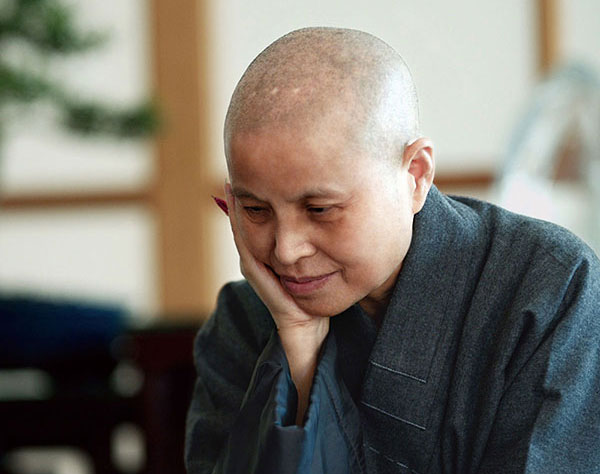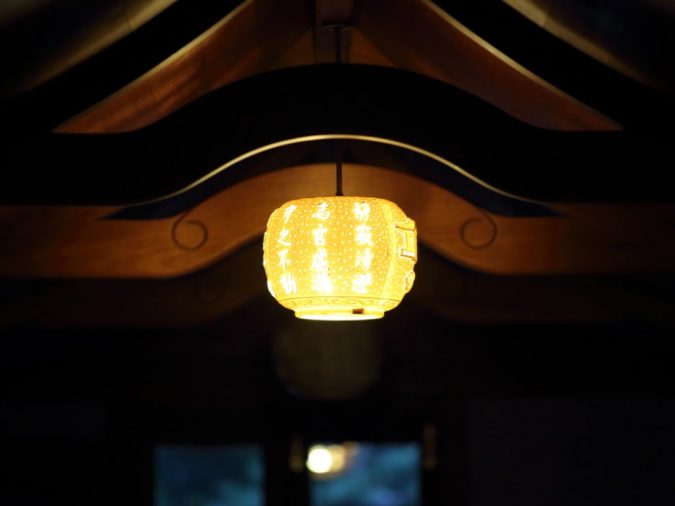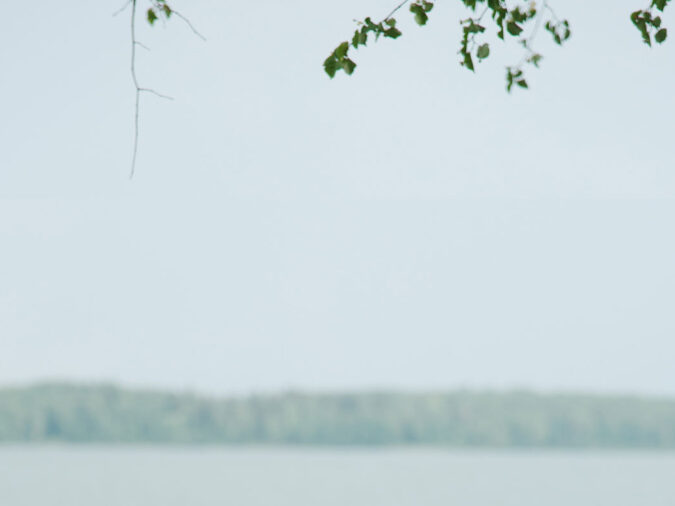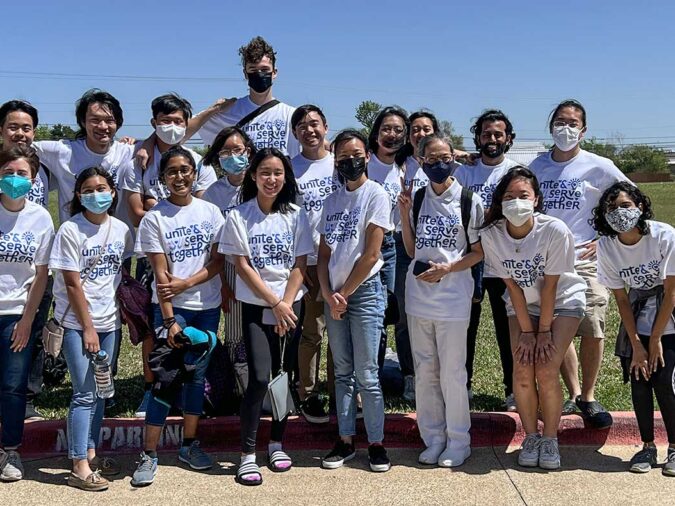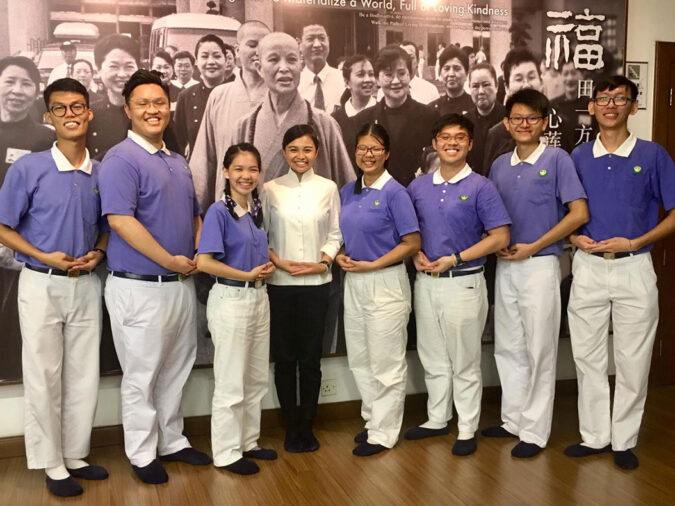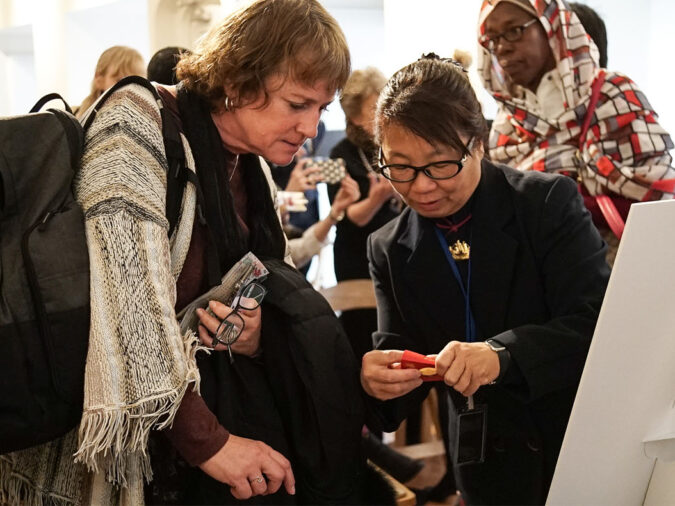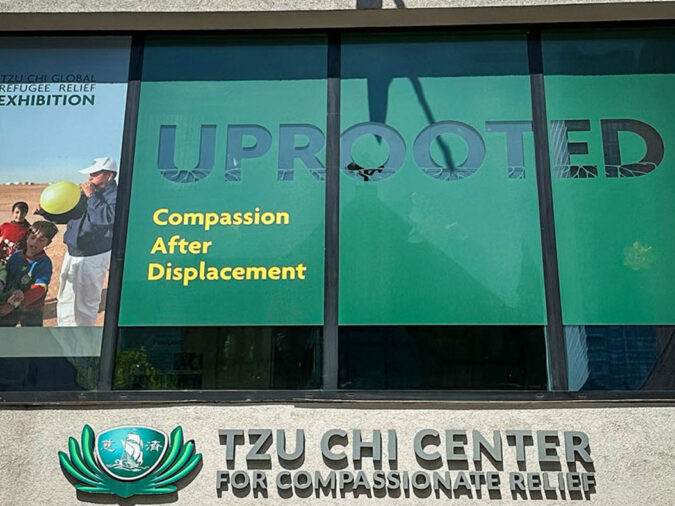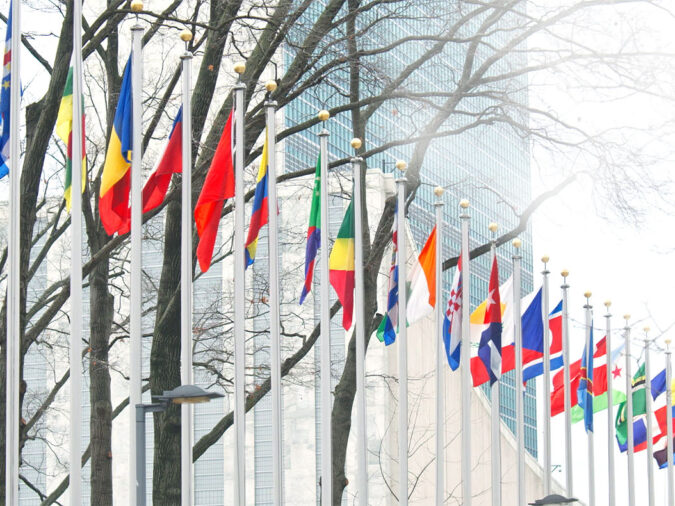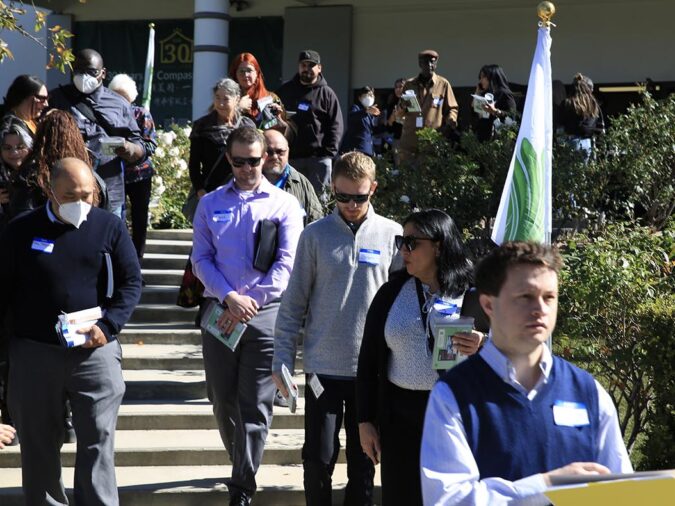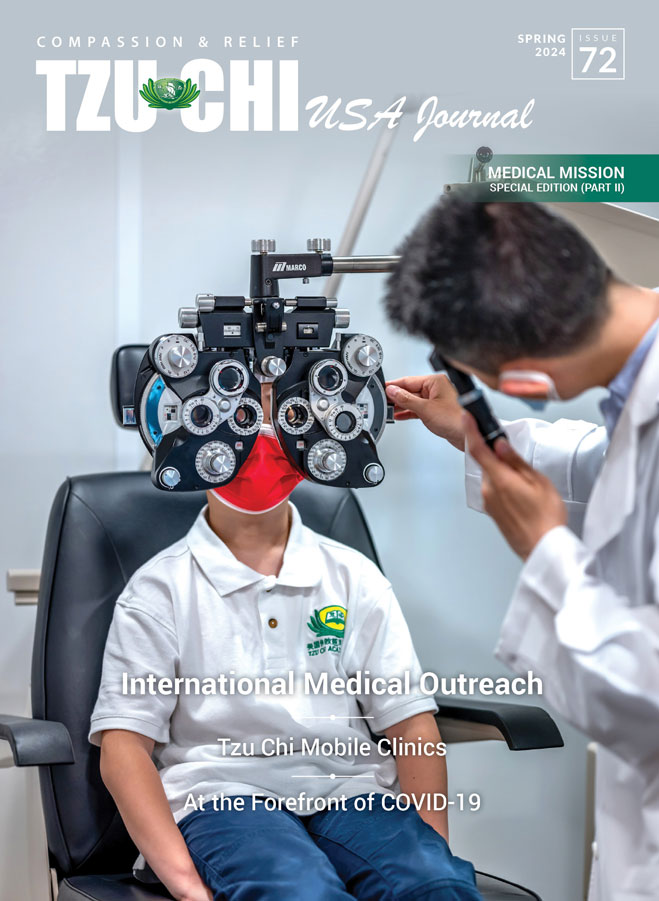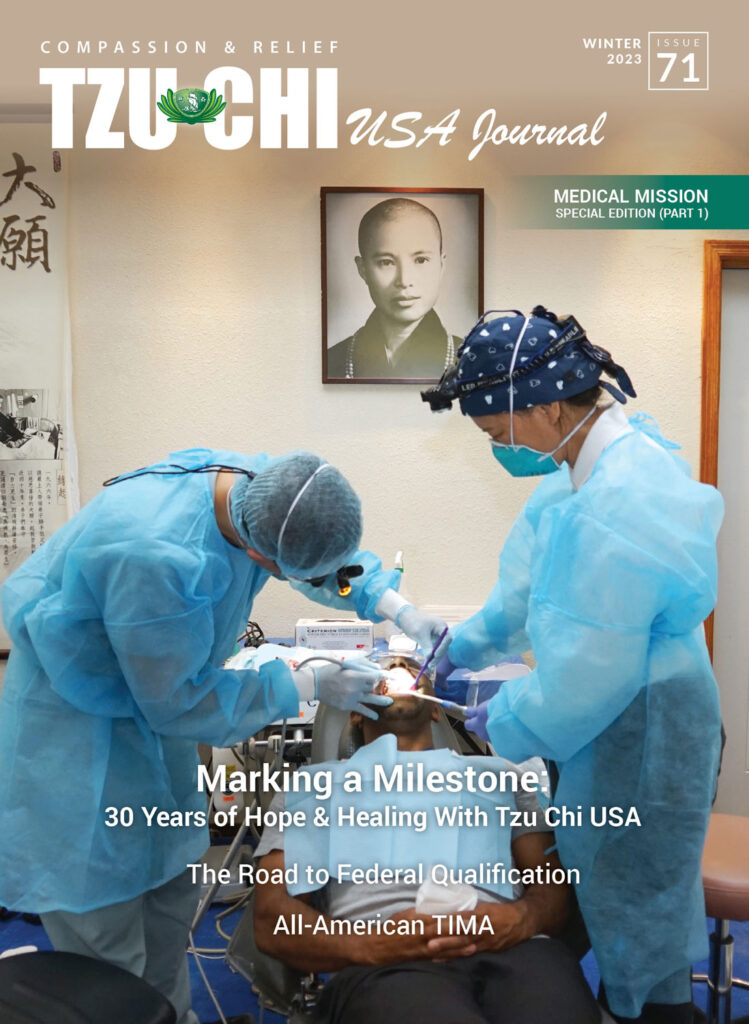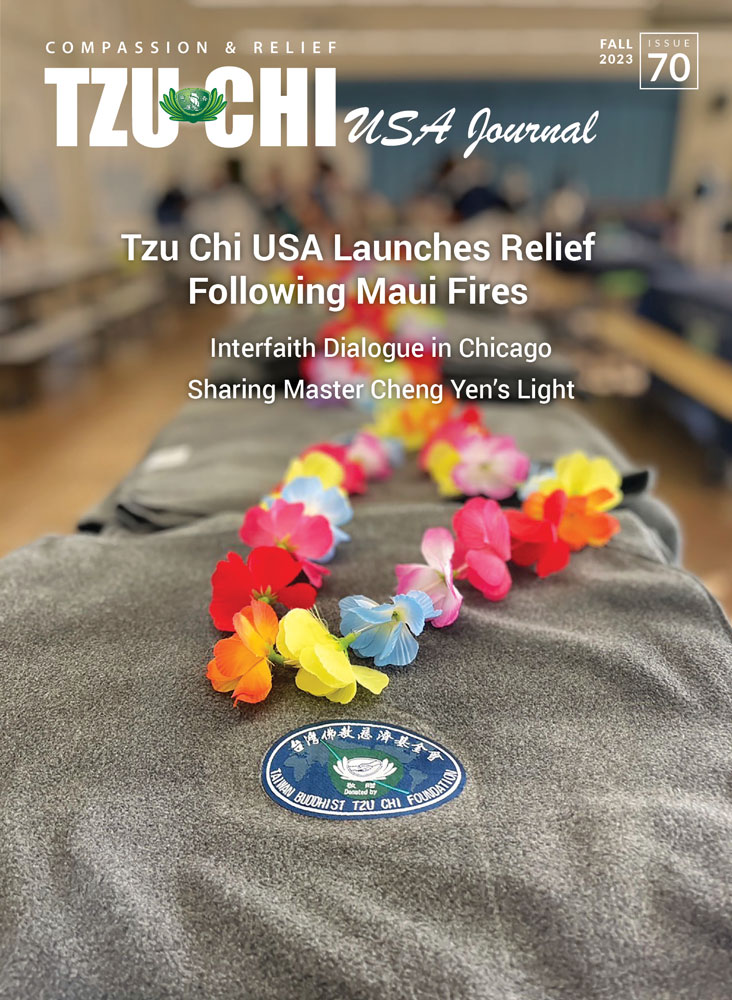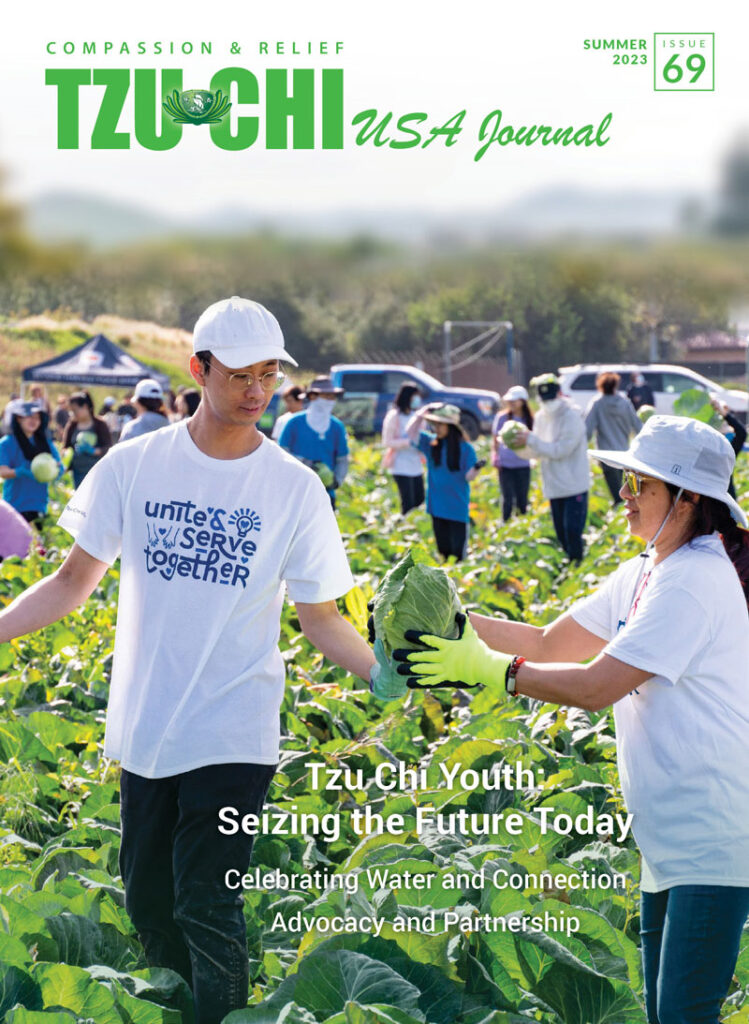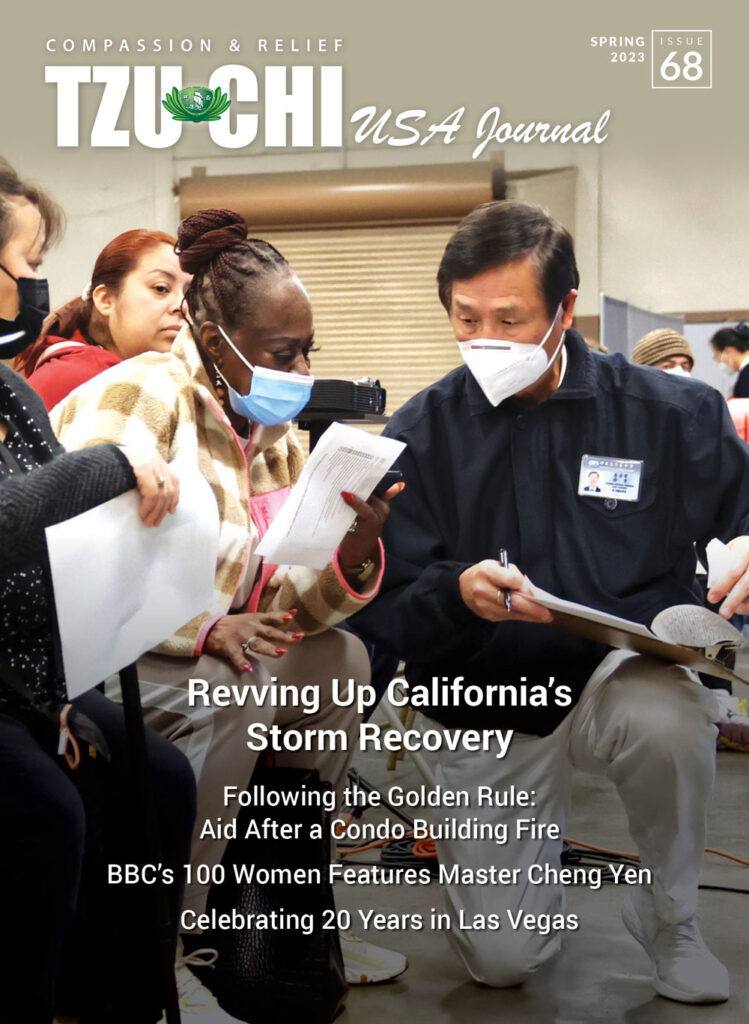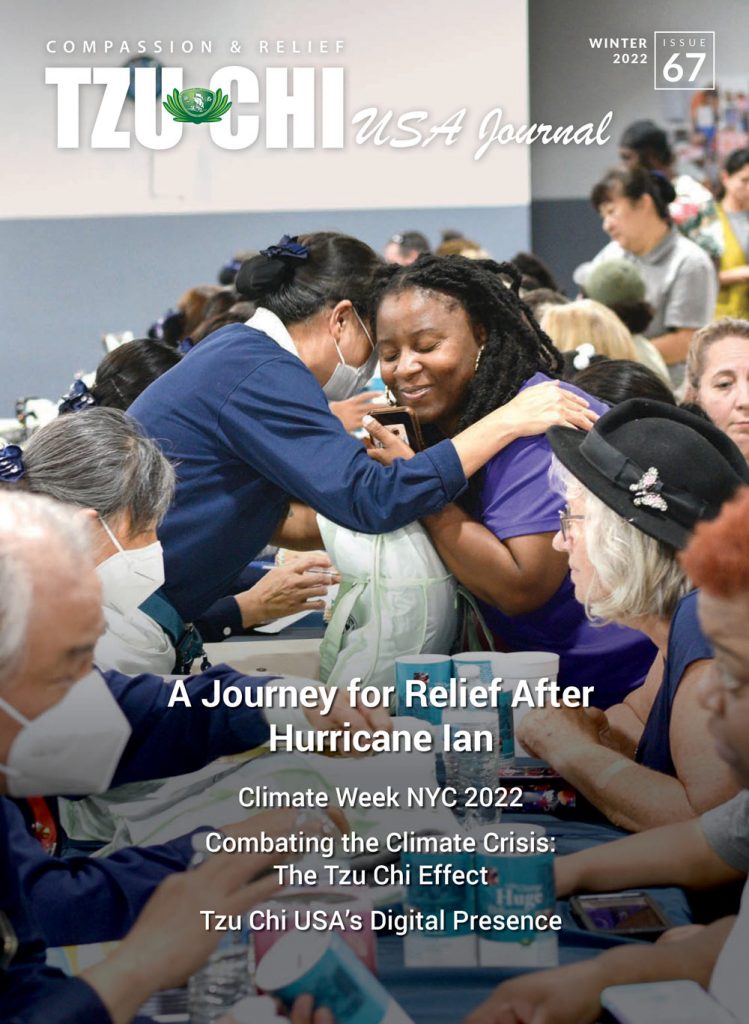CHAPTER 3
TIMA USA National Headquarters Region
Part 1
Written by Jixin Lin, Shuli Lo, Wen Ren, Dilber Shatursun, and Rujing Zheng
Translated by Ariel Chan
Edited by Chenglin Li and Pheel Wang
Published #71 | Winter 2023 Issue
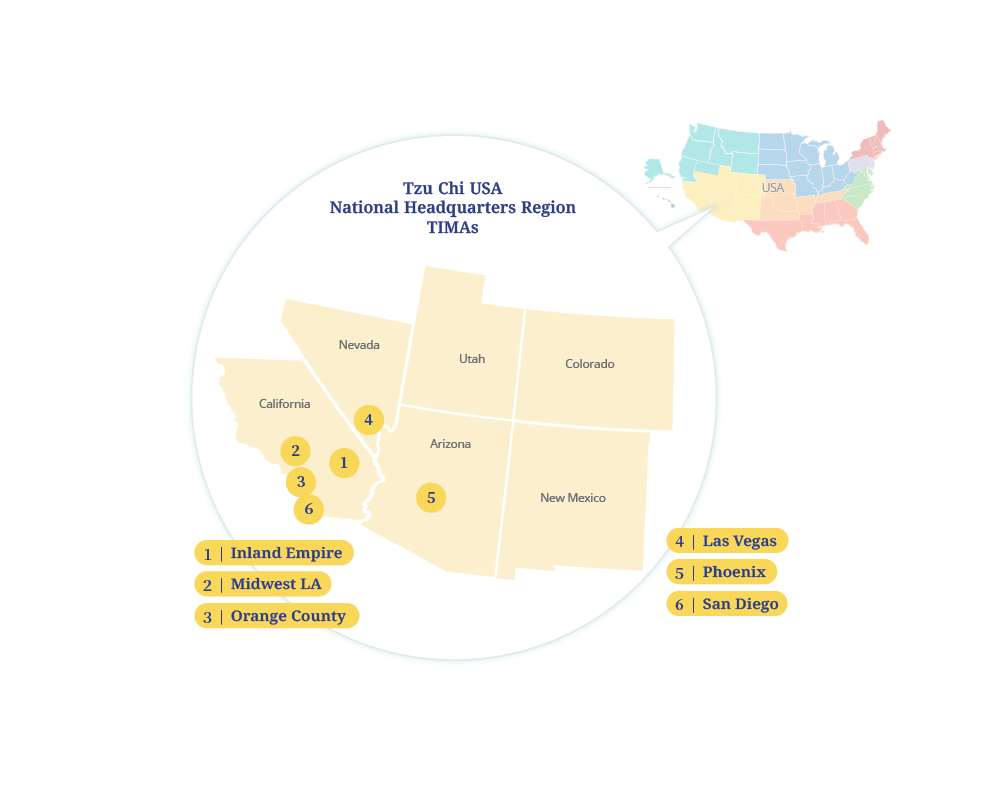
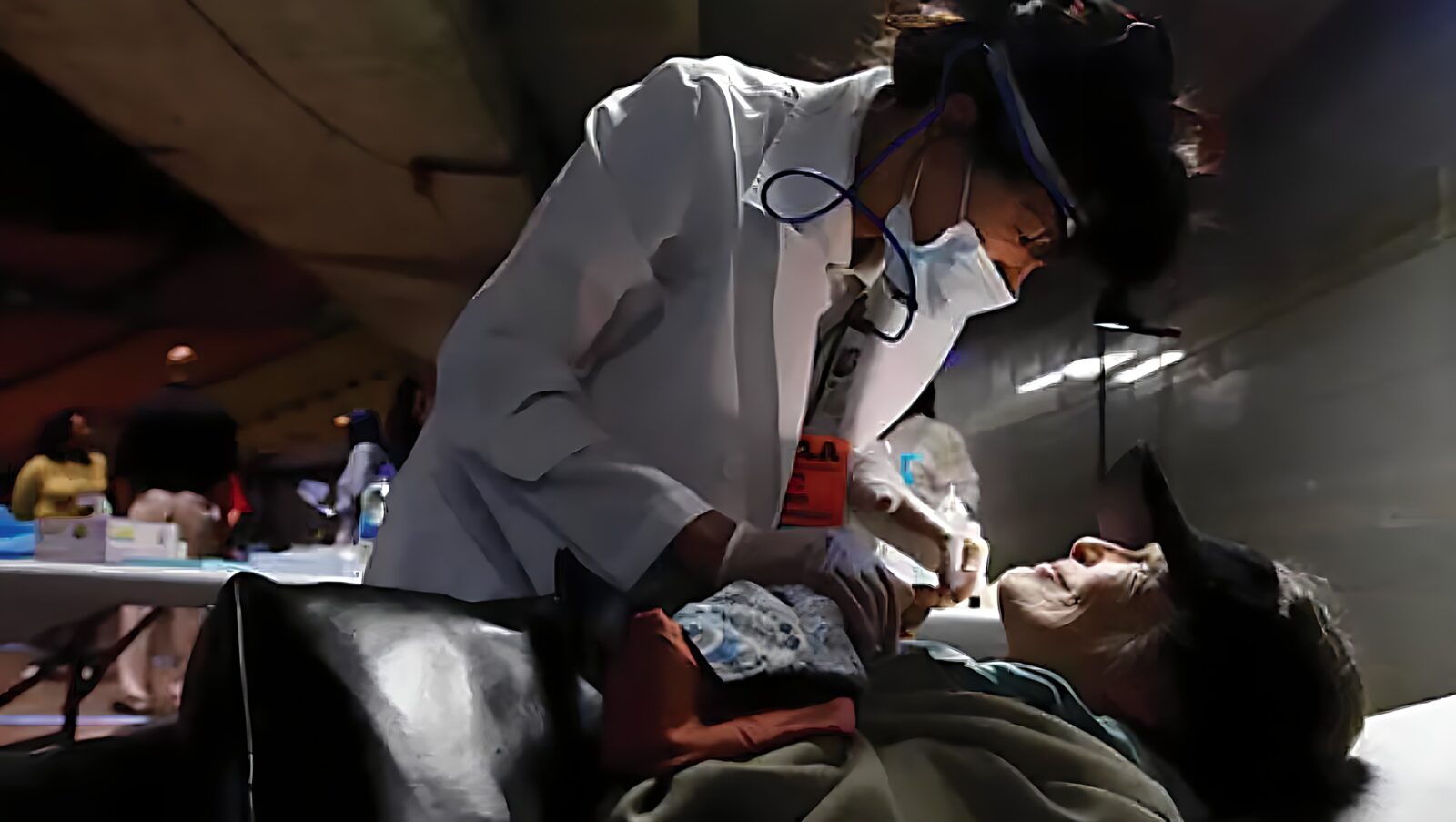
With blue skies and sea and gentle breezes, most areas in California have a Mediterranean climate, hot, dry summers and warm, humid winters. In such a pleasant climate, the sun seems to shine every day. The economy of the State of California is also the largest in the United States, comprising high-tech companies, biotechnology, airlines, and financial institutions. If we regarded California as an independent country, its 2015 and 2017 Gross Domestic Product (GDP) would surpass that of Brazil, France, and the United Kingdom, respectively.
However, impoverished communities exist within California, unseen and in relative obscurity, some in remote regions. The Public Policy Institute of California estimates that nearly a quarter of the undocumented immigrants in the United States, over two million people, have settled in California. Most are low-income families due to their lack of legal status and unstable jobs. In addition, more than 25% (about 150,000 people) of those experiencing homelessness in the U.S. live on the streets of the State, most in Southern California, which has warm sunshine all year round. Since they can’t afford medical insurance, they are also at the highest risk of developing physical and mental health problems.
SHARE
Alhambra to San Bernardino
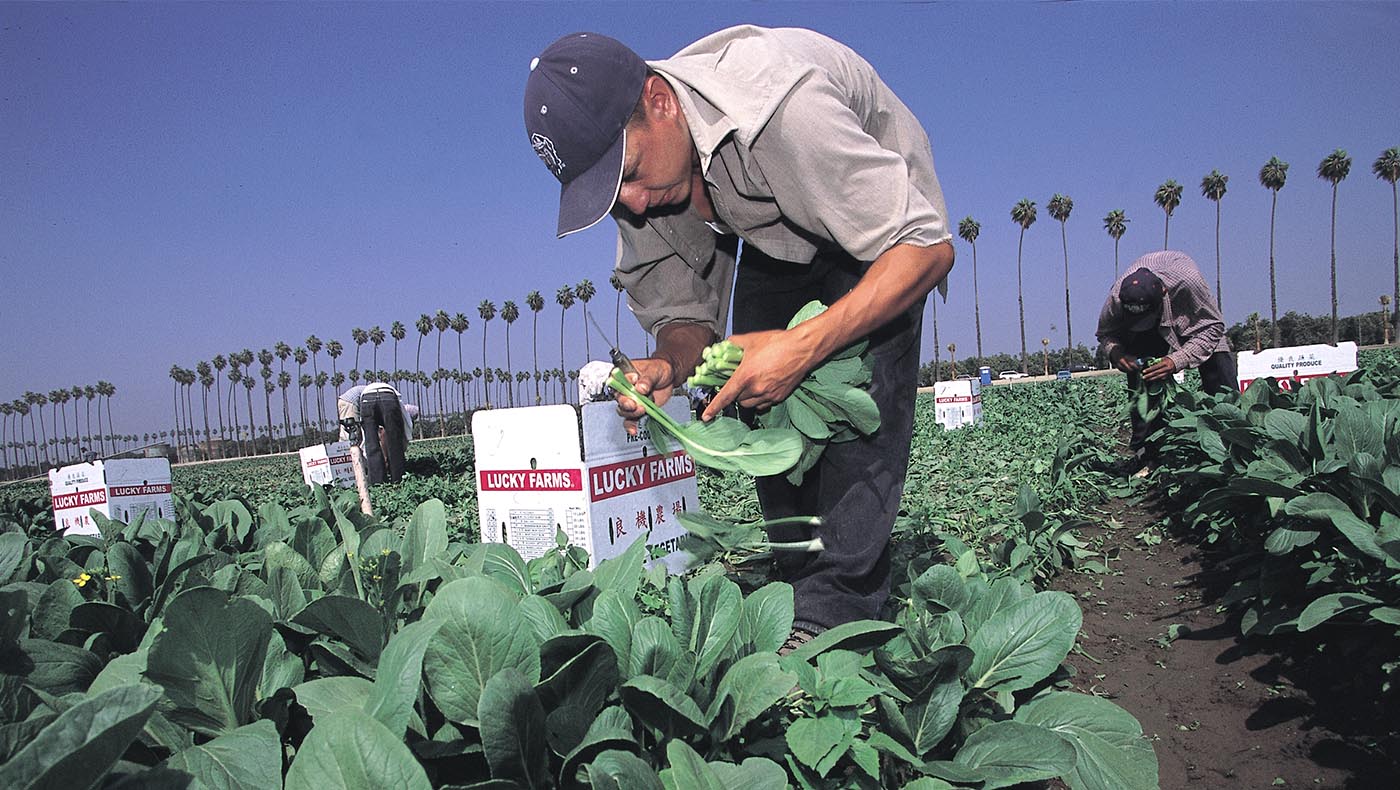
The Tzu Chi International Medical Association (TIMA) in the United States, which is primarily composed of healthcare professionals, was established in 1998. However, a dedicated group of healthcare professionals and volunteers began providing free medical services in California as early as 1993, when Tzu Chi established the Buddhist Tzu Chi Free Clinic in Alhambra. Many people would queue up and wait for assistance during each clinic session.
Wendy Kung, a senior TIMA registered nurse, recalled assisting at the free clinic 30 years ago: “I was involved in preparations for the Tzu Chi Free Clinic in Alhambra. I still remember the first person hired. The nurse was Miss Gao, and we even helped her find uniforms. After the opening, every free clinic session was crowded; there were so many people, and it was very busy. Although every free clinic was very tiring, when I returned home after the event, I felt very content. I was quite happy because we could serve so many people in need.” As warm memories flooded her mind, Kung laughed as she talked, her face full of joy. During that period, every volunteer nurse was a jack of all trades: “We had to draw blood ourselves and then send it for testing, so we nurses had to do a lot of things at that time.”
The number of people served by the Buddhist Tzu Chi Free Clinic in Alhambra grew quickly, and later, its free clinic activities expanded with outreach to other areas. Kung remembers that the first free clinic outreach she participated in was in San Bernardino.
The Most Impoverished County
San Bernardino is the most impoverished county in California. It has long been ranked among the top three worst places for families to live in California and is one of the most dangerous cities in the nation. It was in such a place that the team from the Buddhist Tzu Chi Free Clinic in Alhambra first started outreach free clinics, marking an important milestone in the advancement of Tzu Chi’s medical mission in the United States.
The team first offered medical services for the residents of this area by adopting a “fixed-point gathering” system in the parking lot of Lucky Farms in San Bernardino County, transporting patients between San Bernardino and Alhambra with two school buses rented by Tzu Chi. It took one to two hours to drive patients back and forth. Each free clinic session required seven or eight round trips and served 200-300 people.
To serve more impoverished San Bernardino residents, the team adapted the system starting from the following year. Local Catholic churches and non-profit organizations notified patients to wait for consultation in the parking lot of Lucky Farms. Concurrently, the free clinic team transported medical equipment to the parking lot to hold the free clinic events there, making it convenient for more low-income and uninsured people in the area to seek medical treatment. Such an adaptation led to an increase in the number of attendances. From the fourth year, the free clinics could serve as many as 600-800 people each time.
The current CEO of Tzu Chi USA, Debra Boudreaux, explained how Tzu Chi volunteers expanded the free clinic to San Bernardino, saying, “Tzu Chi organized food distribution at Lucky Farms in 1996. Through the owner of Lucky Farms, Gary Liao, and with the assistance of community leader Dr. Tom Rivera, we held regular free clinics at the farm and in the Catholic church’s parking lot.”
Because they were expanding to remote areas to provide free clinics, the medical team, including Wendy Kung, had to get up at 5:00 or 6:00 AM before dawn. After gathering, they traveled to the free clinic site by bus, which took about three to four hours round trip. “When I got home from there, it was already dark again, so it was quite a long day,” Kung shared.
The free clinics were always extremely busy and overcrowded, with many patients coming for medical care. “At that time, a free clinic could serve 800-900 people and wasn’t indoors. San Bernardino was an inland area, and it was very hot. We set up a big tent outdoors. Everyone was sweating, and the free clinics were open to all patients. Our frequent patients were Hispanic farmworkers, many of whom are undocumented immigrants who work very hard and have no money. We went to care for their children and their parents, and you could see they were really hard working,” Kung recounted.
Since the free clinic was busy until noon, sometimes it was so hot that you couldn't eat at all, but there were a lot of watermelons at Lucky Farms, so I felt very satisfied just eating watermelon all day.
Wendy Kung
TIMA Registered Nurse
Later, since Tzu Chi was holding distributions at Lytle Creek Elementary School in San Bernardino, the annual free clinic was held at the school in the 11th year of charity aid, serving students and parents from five schools nearby in this disadvantaged area. Until 2006, Tzu Chi offered the free clinic at Lytle Creek Elementary School four times yearly to provide more effective services. Because of its long-term charity distributions and free clinics, Tzu Chi earned the recognition of teachers, parents, and students at the school. Through the trust established, Tzu Chi also brought its Character Education program, which focuses on humanities, to Lytle Creek Elementary, marking the first time Tzu Chi’s educational mission had entered the U.S. public school system. It has since expanded to other elementary schools. Thus, Tzu Chi’s charity, medical care, and humanistic education gradually began to have a subtle uplifting influence in low-income communities struggling with poor resources and crime.
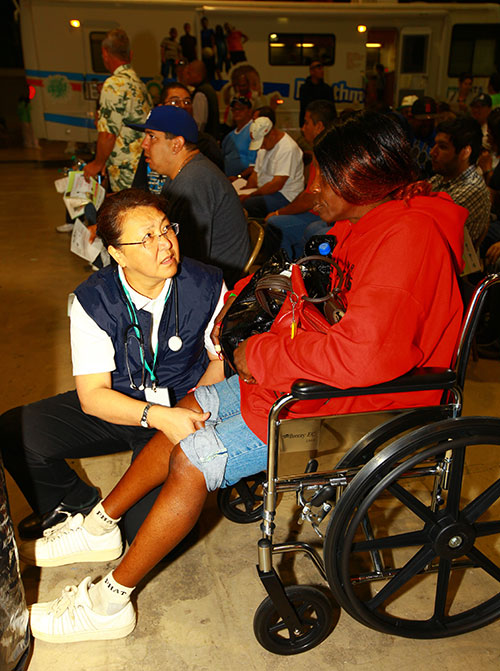
Lighting a Beam of Light
One day in 2016, the sunshine in California was as bright as ever. Volunteer J.D. Chen’s heart, however, was gloomy as his beloved wife, Xiaoxuan Wu, had just passed away. Remembering, he recounted: “Of course, I had just arrived in the United States not long ago, and the death of my wife was a big blow to me. I started to contact free clinics. There were many Hispanic farmworkers in San Bernardino, and I saw that they worked very hard and didn’t earn much. Tzu Chi distributes food and conducts free clinics there. When I saw that the lives of farmworkers were more difficult than mine, I felt that I wasn’t the most miserable. This greatly encouraged me and gave me the strength to stand up again. Helping others can also encourage you to put down your sad emotions and stand up so that you can live a more meaningful life and realize the value of your life.”
Chen was mainly responsible for the preparation and aftermath of free clinic outreach: “It’s a more hands-on job, mainly loading and unloading goods, moving equipment, and bringing it to the designated location for assembly, and then moving it back to the car and putting it away after the event.” At first glance, it sounds like just transportation is involved, but it’s actually an essential part of the free clinic since many medical equipment items are hefty and delicate. A slight mistake could cause permanent damage. Those tasked with the preparatory and clean-up work are always the first to arrive and last to leave. They are in charge of the most laborious tasks while conducting free clinics.
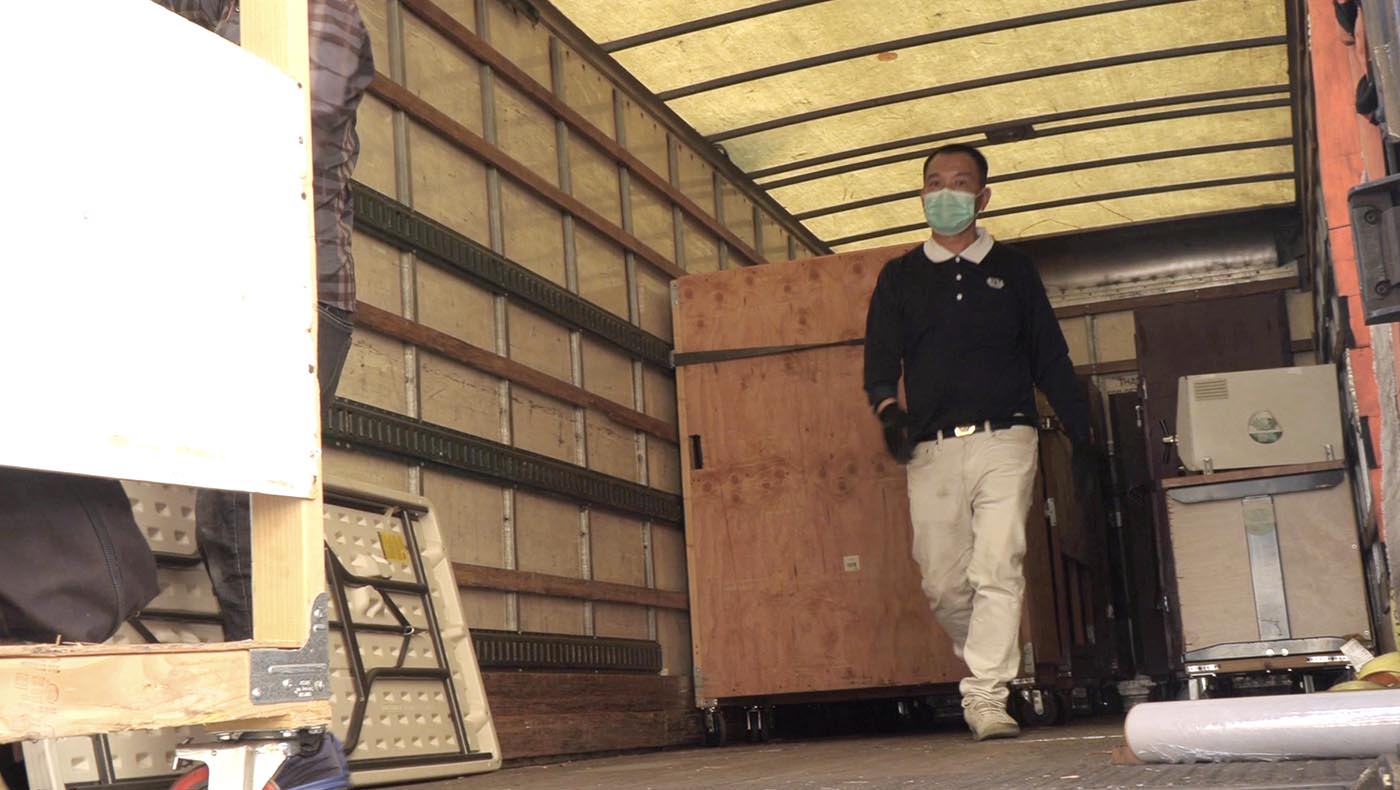
“Master Cheng Yen has always told us, ‘See suffering and know blessings; help those who are suffering.’ I had just arrived in the United States not long ago, and I felt that being able to help them was also a kind of fate. I was really honored and happy,” Chen said with a smile as he reflected. When you redeem others, you’re also redeeming yourself amid the ups and downs and trenches of life. Embrace those who are weak, and their body temperature will warm you in turn. Light a beam of light for others, and you can then stand in its afterglow.
Chen had a long-standing connection with Tzu Chi: “In 2004, my classmate was a Tzu Chi volunteer in Guangzhou, China. We took a business management class together. He was very devoted to Tzu Chi and introduced me to it. At that time, I became a member who had been donating for a long time yet had not yet taken the initiative to join the team of Tzu Chi volunteers. I would participate in the Buddha Bathing ceremony, just scratching the surface. In 2009, my wife Xianxuan Wu was sick, and I was worried about her, so I introduced her to Tzu Chi. She devoted herself wholeheartedly and did more Tzu Chi things than I did. At that time, I was very ambitious and busy with my career. I only showed up at Tzu Chi occasionally. I encouraged my wife to participate in Tzu Chi more to distract her. She did an excellent job and recruited many new members in just a few years. She fully realized the value of her life, but who knew that it would be so short…”
Later, to treat his wife’s illness, the couple moved to the United States without any kin networks. When Chen’s wife was hospitalized, Tzu Chi USA volunteers came daily to care for her: “At that time, Sister Shirley Yang asked me if I had participated in activities such as free clinics and distributions. I thought it was quite meaningful to be able to devote myself to doing something in life, so I went to participate,” Chen recalled.
And before his wife passed away, even though she was sick, she never forgot to help the disadvantaged and ill.
Both my wife and I felt the spirit of Tzu Chi... My wife was in great pain during her illness, but she still insisted on doing Tzu Chi work. Sometimes, she drove to very far places, even eight or nine hours, to go to very suburban areas. She persisted wherever she went.
J.D. Chen
TIMA Volunteer
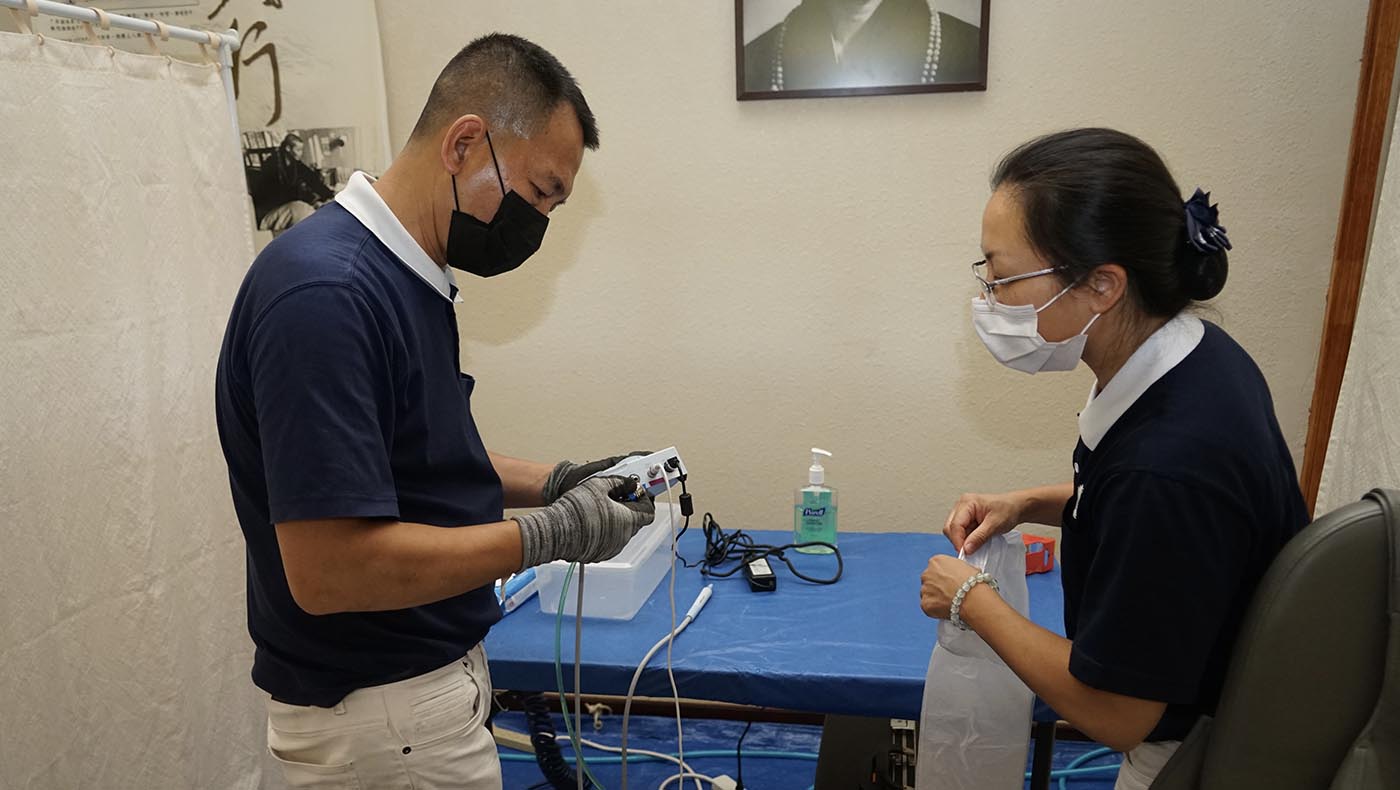
Arriving at their destination far away, under the scorching sun, the volunteers saw an orchard neatly filled with rows and rows of fruit trees. An older Hispanic farmworker was picking apples on a ladder. Although he wore a hat for protection from the sun’s rays, their persistent heat still made him sweat. Moreover, his face was already full of grooves and wrinkles due to his exposure to direct sunlight for years. After picking the apples, he threw them into a huge iron bucket. He could pick several buckets per day. These fruits would then be packed in boxes and shipped to supermarkets, beautifully packaged for people to buy.
However, this older migrant worker can’t make much money at the end of the day, and his income is meager. What should he do if he gets sick? Endure it? Dental care is so expensive in the United States, and he has no dental insurance. What should he do if he has a toothache? Does he do his best to tolerate the pain? Many such farmworkers in the San Bernardino community can only rely on charitable groups like Tzu Chi for medical treatment.
“Once, I went to a free clinic and saw an older migrant worker. Tzu Chi helped him a lot. Because he had a low income and no insurance, he could use Tzu Chi’s services of Chinese medicine, Western medicine, and dentists. Dental treatment in the United States is costly, and most people can’t afford it, so we dispatched a Tzu Chi Mobile Clinic, which carries so many medical supplies every time, dispatching so many volunteers and medical staff; it almost seemed like a large mobile hospital. On the one hand, our free clinic can help these people save money. It’s a lot of money. On the other hand, all our doctors’ professionalism is recognized,” Chen shared.
Among the many disadvantaged farmworkers, this older man left the strongest impression on Chen. Even though the man’s life was so difficult, he still maintained a warm heart and felt inspired by Tzu Chi’s spirit of giving, Chen remembers. Every time he came to see a doctor, he brought a Tzu Chi bamboo bank with change in it: “Although his income is low, he abides by Master Cheng Yen’s teachings, saving a portion of his daily allowance for donation. He saves change daily for a donation out of the kindness of his heart.”
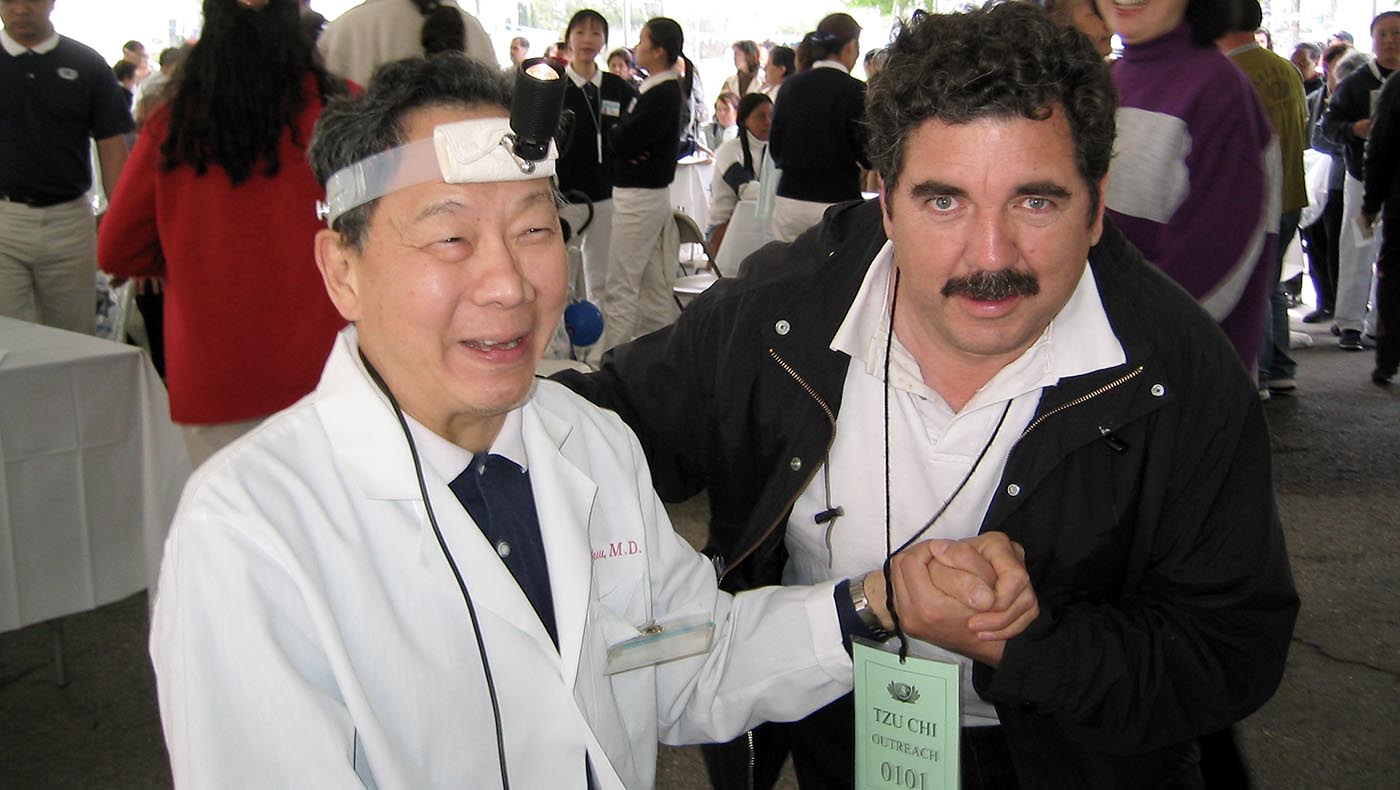
In addition, Tzu Chi’s Traditional Chinese Medicine (TCM) and acupuncture treatments have also provided tremendous help to many patients in San Bernardino. Marilinn Trudell, now in her older years, had skin cancer when she was younger. After chemotherapy, she often felt numbness in her feet due to drug allergies, which bothered her for many years. Having heard that Tzu Chi’s TCM treatments had miraculous results, she came to the free clinic to receive such a treatment and seek a solution.
“For my feet, I went to seek medical advice everywhere…” After receiving an acupuncture treatment, Trudell found that the numbness was much relieved. “I want to know more about acupuncture. This really is a very good experience,” she concluded.
TIMA volunteers have worked in the San Bernardino area for over 20 years and have developed deep friendships with the local community. Although Tzu Chi temporarily suspended free clinics due to the COVID-19 pandemic, the volunteers overcame all difficulties to restart the outreach in 2022, carefully and attentively accompanying the residents here to escape the cycle of poverty, illness, and suffering.
The scale of a free clinic in March 2023 was as usual, with more than 250 volunteers mobilized to protect the health of 122 residents. At the same time, Tzu Chi provided daily necessities off-site to alleviate agricultural workers’ economic pressures.
As for J.D. Chen, he gained a lot of insights along the way: “We go out to free clinics to help people with medical treatment, and at the same time inspire the kindness of those in need; this is the meaning of what we do. Although we give unconditionally, our giving has inspired them to constantly change for the better and become kinder, which then motivates them to help others,” he said. “This is a cycle of love and inspiration of love. I think entering Tzu Chi is the most meaningful thing in my life. If you want to do something, follow Master Cheng Yen and study with your fellow volunteers,” Chen concluded.
The TIMA team served the San Bernardino community and also drove miles to any free clinic event with an insufficient workforce. Just like Chen, when he discovered that Tzu Chi would hold large-scale free clinics in the Los Angeles area and human resources were tight, he went to make up for it: “Free clinics require a lot of human resources. Shirley Chen, a TIMA dentist, invited me to work more in this blessed field. I think it’s quite meaningful. I also went to Phoenix, Arizona, Las Vegas, Nevada, and surrounding cities. Volunteers Shirley Chen and Min Leu remember well. Sylvia Wihardjo especially has an excellent memory of things. I call her the little prodigy. Now, our free clinic activity has a core team that organizes planning and expansion to help more people.” Chen may talk about his experiences of helping those in need lightly, but the day-after-day dedication behind it is absolutely incomparable.
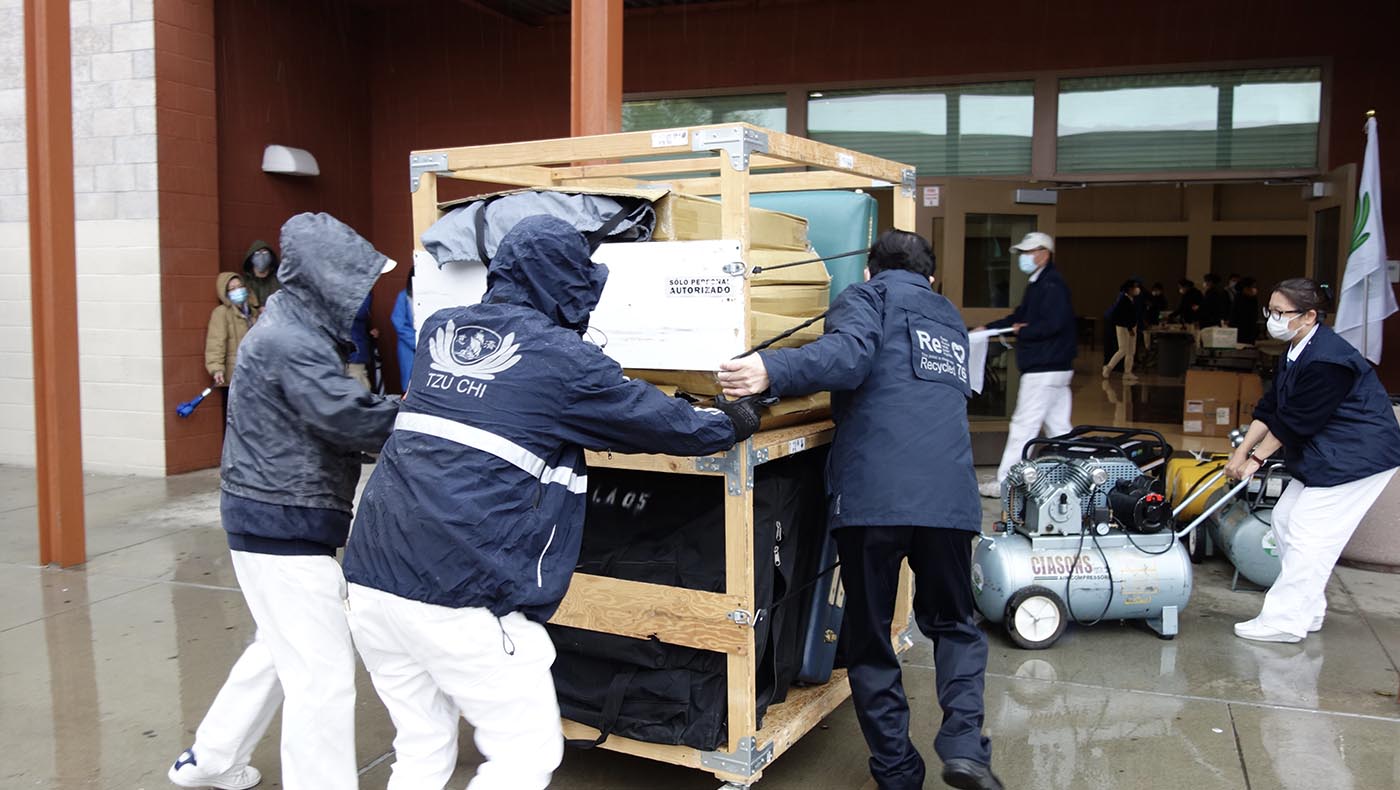
“Once, when I went to Phoenix, Min Leu and I drove there to do the pre and post-treatment, helping the dentist assemble the movable treatment bed, install the wiring, remove waste like blood from dental treatment, etc. We did everything. At that time, Jason Wong taught me a lot. He was very familiar with the equipment and had rich experience in free clinics,” Chen recalled with gratitude. Everyone on the team devoted themselves selflessly and achieved free clinic marathons one after another across vast terrains.
Central California
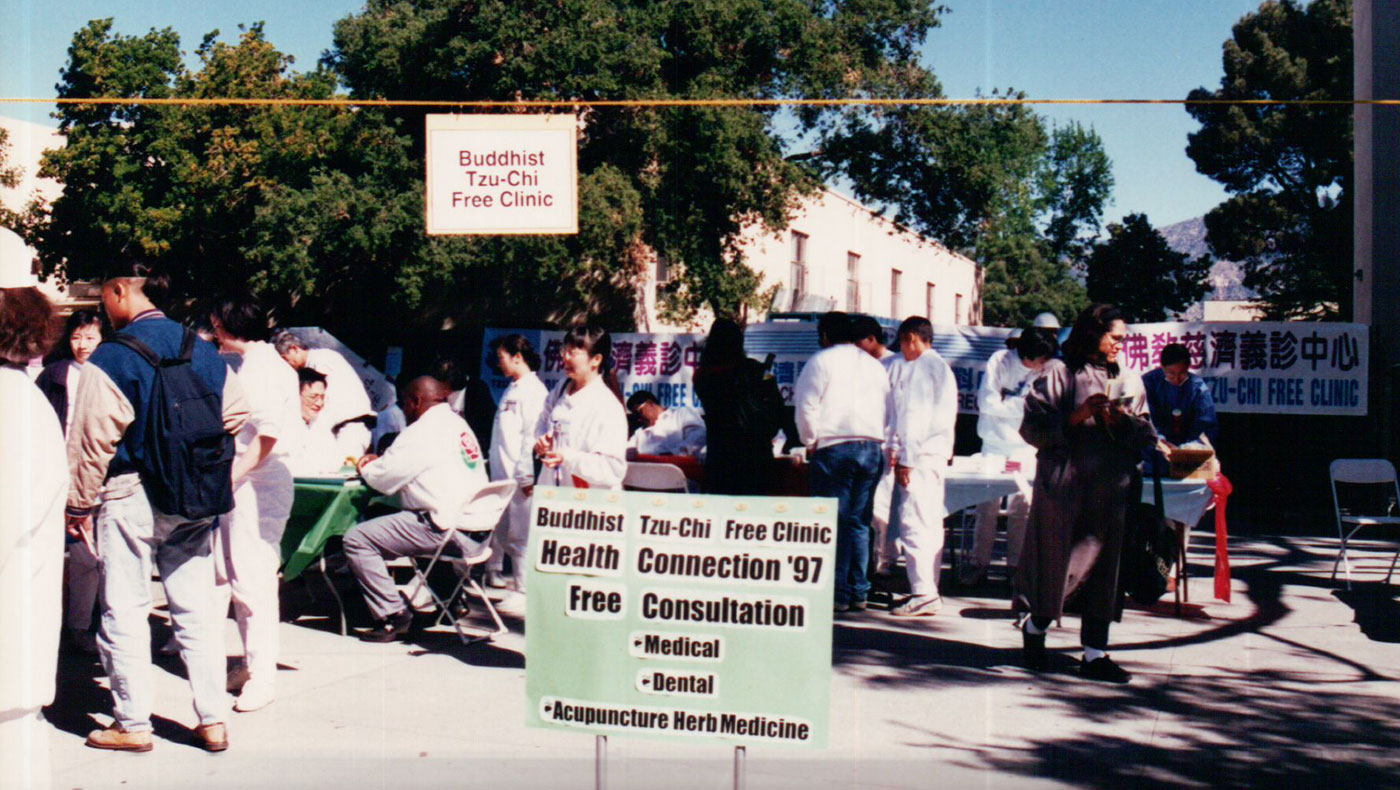
California is nicknamed the “Golden State,” and Silicon Valley and San Francisco are the centers of the technology and financial industries in the United States. However, although California’s average income ranks among the best in the country, this is not the case in Central California. For example, the agricultural city of Bakersfield continues to rank among the top five cities in the United States for poverty ratios in annual census statistics. Bakersfield’s economic situation is like a desert in a large oasis. Many residents here face economic challenges, isolation, and a lack of medical care, often barely surviving. Volunteers from the Tzu Chi USA Northridge Service Center, relatively closer to Central California than other Tzu Chi offices in Southern California, led the care mission for Central California farmworkers, even though it meant driving two hours one way to reach them. Jean Hsu, a volunteer from Northridge, mobilized medical staff and volunteers from all over Southern California to participate in the medical outreach services and invited local doctors from Central California to join as well.
An Heirloom of Love
“Bakersfield has two major industries, agriculture and petroleum, which are the key economic projects of this community. Many of the residents here are first-generation immigrants. They can barely make ends meet and are in great need of care, especially Tzu Chi’s free clinics,” a dentist from Bakersfield, Phu Truong, originally from Vietnam, explained.
Wherever there is poverty and hardship, there are Tzu Chi volunteers. Since 1996, TIMA volunteers have been going to Bakersfield every three months to hold free clinics for disadvantaged farmers and workers.
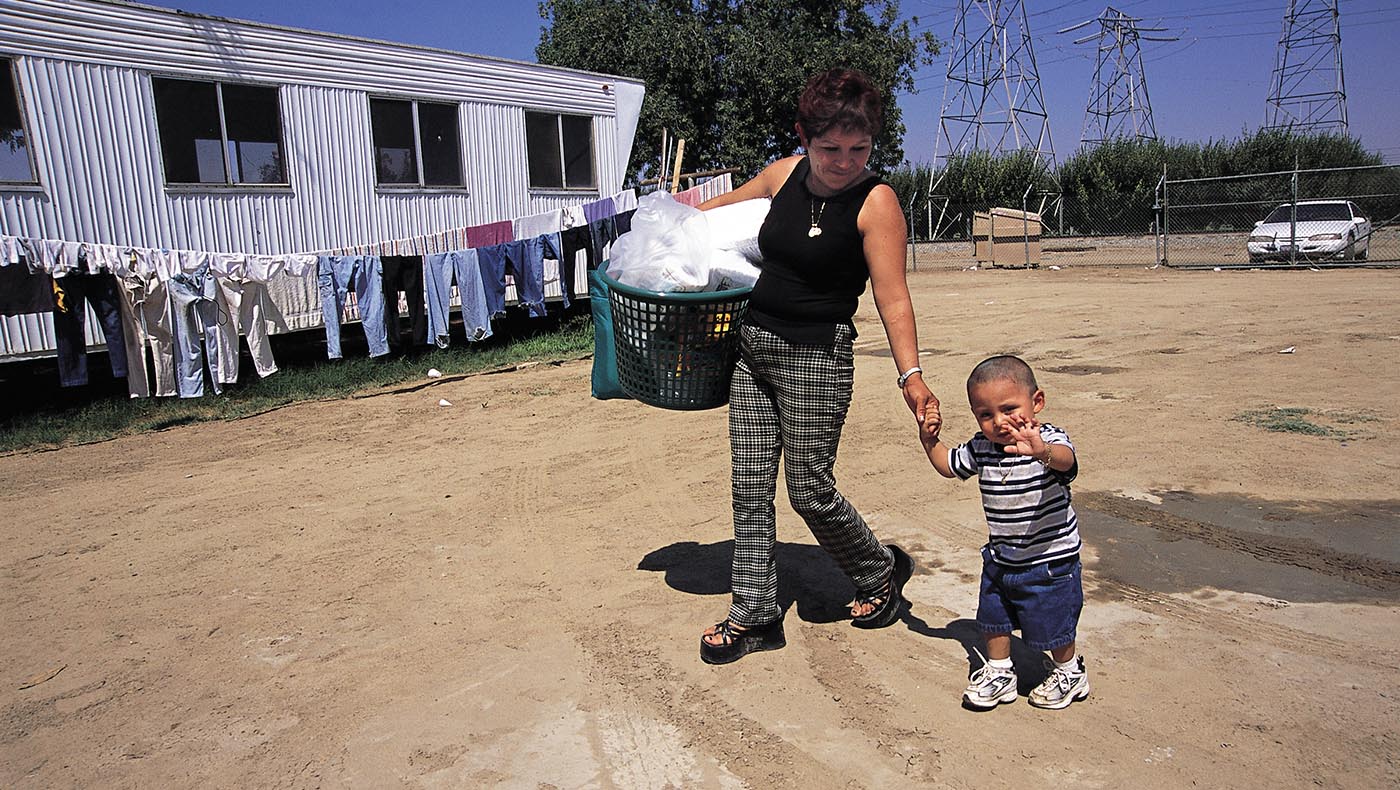
One patient, Estela Dorado, shared that she had no place to get medical services except at a Tzu Chi free clinic: “I hope to continue to come here for medical treatment because I discovered the benefits of Traditional Chinese Medicine. Acupuncture treatment is very helpful for my condition, and they’ve been helping me treat my arm and other ailments.”
Pedro Ramirez, another patient, came to a free clinic with a bag full of coins. Inspired by the kindness and empathy he had experienced at past clinics, this was his way of expressing his love and appreciation.
I suffer from diabetes. I learned about the free clinics from my friends, so I started coming here to receive treatment. I’ve been receiving treatment here for ten years. Every time I come, I bring coins I’ve been collecting for three months to donate. You guys have helped us, and I want to give back.
Pedro Ramirez
Free Clinic Patient
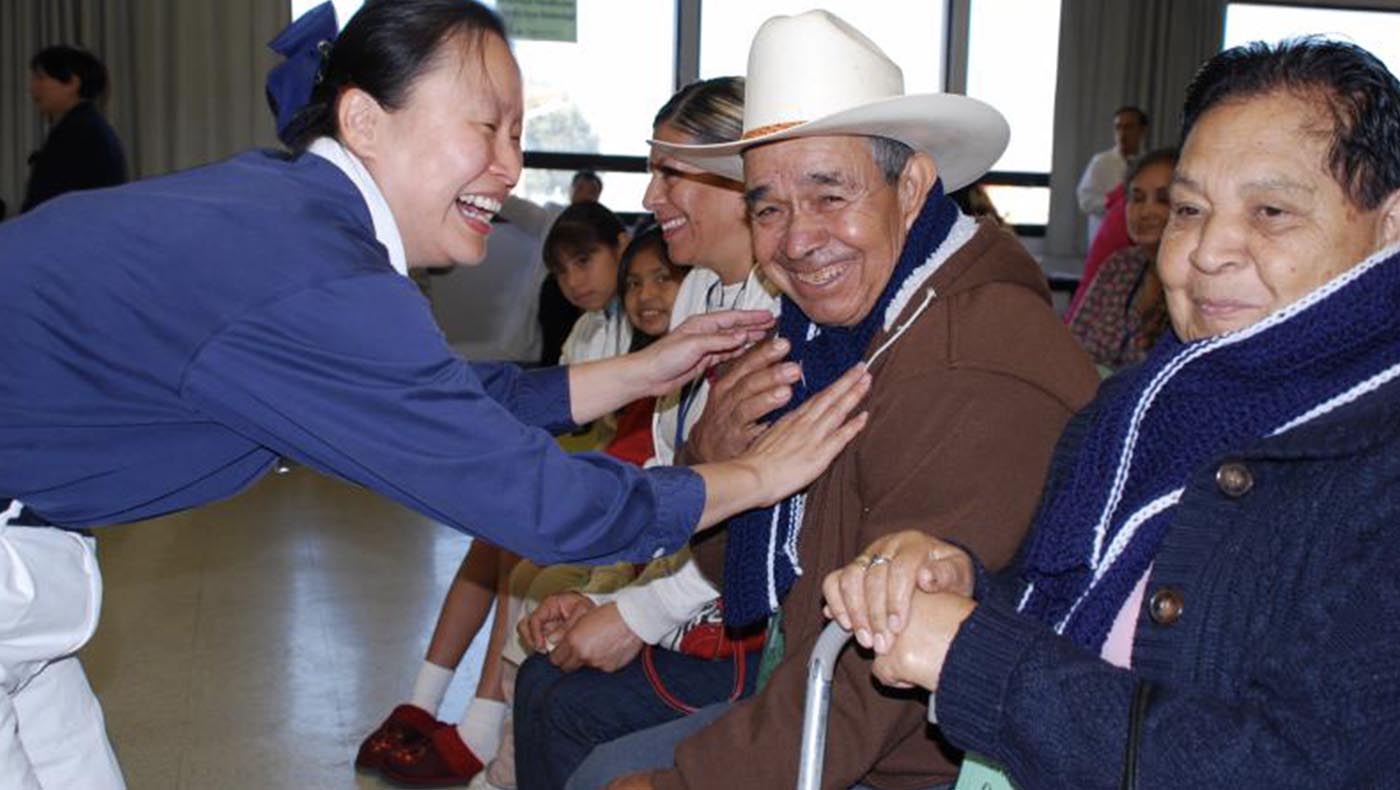
“A long time ago, a friend suggested that if you were free this weekend, we could volunteer at a free clinic together. That’s when I started getting involved with Tzu Chi and continued participating in free clinics. When they were in about sixth or seventh grade, my daughters also started volunteering at free clinics,” Phu Truong recalled about how he first joined the Bakersfield Free Clinic.
Truong’s eldest daughter, An, recounted, “My father would always share his experiences with us after the free clinic, such as what he gained from participating in the Tzu Chi free clinic or his thoughts on being a Tzu Chi volunteer. After hearing this, I really wanted to volunteer with him. We hope to be able to help, especially to impact our community through free medical clinics.” At first, she just helped lead patients to various departments for medical treatment. Later, after understanding the flow of free clinics, she helped at the dentist’s front desk. “Although I’m only helping patients register at the front desk now, one day when I graduate from medical school and become a doctor, I also want to help with free clinics,” she said.
Not only did Truong’s two daughters follow their father in using charity to give back to the land that raised them, but his wife, Mimi Nguyen, and her younger sister also became Tzu Chi volunteers. “Our home is in this community, so I fully understand that there are many impoverished people here who need medical help. My daughters and I also volunteer in homeless shelters, and we understand that some unhoused people are not homeless, but they’re just very poor, so they have to go to homeless shelters to get food. Because I have seen it with my own eyes, I understand,” Nguyen shared.
“Actually, we’re very lucky. Our whole family is very blessed,” Phu Truong expressed. He and his family are spreading love and upholding virtue through serving in the free clinics, with gratitude: “We can volunteer because we have Tzu Chi alongside us.”
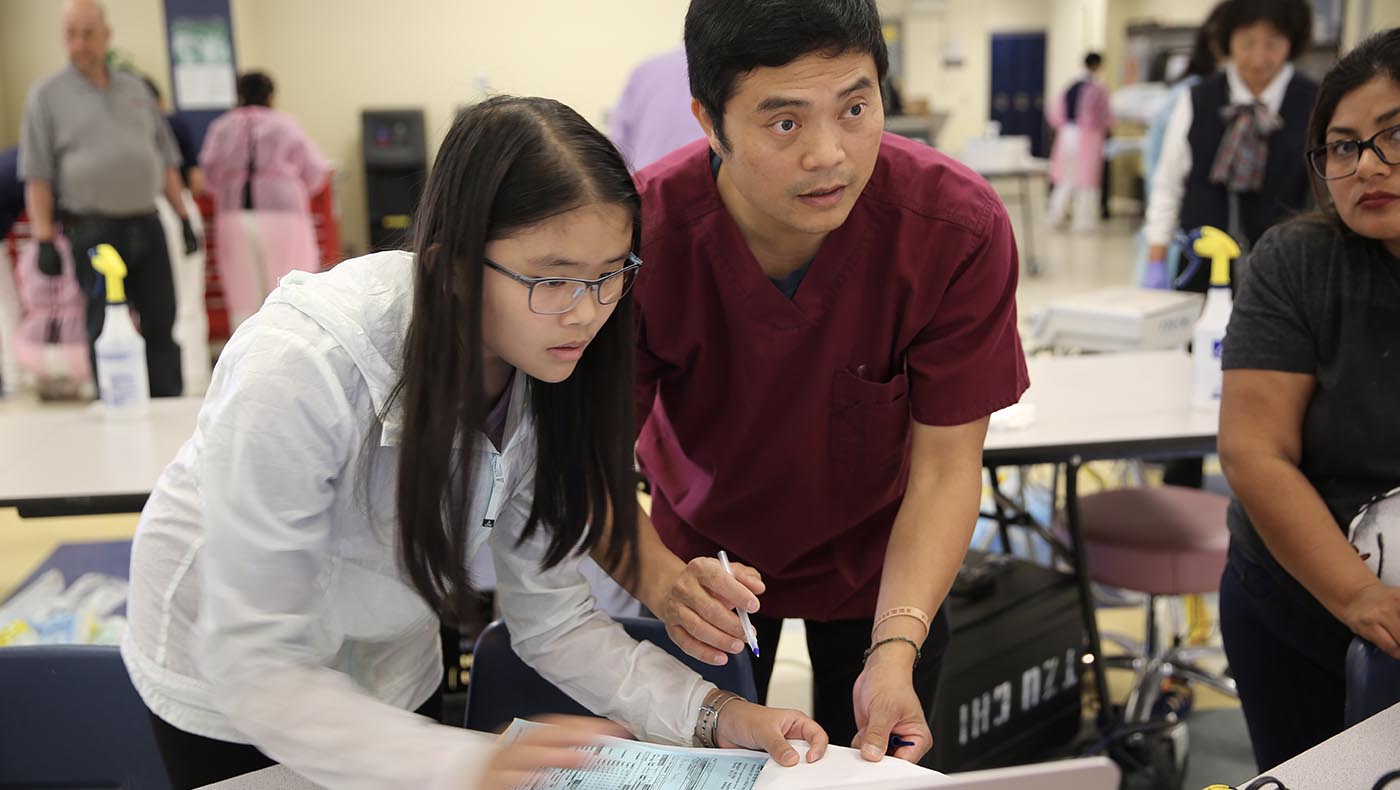
Returning to the Golden Valley
During the two years of the COVID-19 pandemic, although Tzu Chi suspended in-person free clinics, TIMA volunteers continued to provide free medical services over the phone. Since many patients with chronic diseases need long-term medication, the volunteers would assess their condition over the phone and mail the medicine to their homes.
We regularly conducted telephone consultations every three months, targeting older patients, and providing needed medicines to patients who continue to be cared for. We would pack these medicines, add some gift items, such as masks, hand sanitizer, etc., and mail them over. It’s not until today that we have the opportunity to meet face to face again.
Boren Den
TIMA Physician
“Today,” in Dr. Boren Deng’s words, was May 15, 2022, when Bakersfield patients could finally look forward to Tzu Chi’s reopening of free clinics. Doctors, volunteers, and patients no longer needed to connect over the phone for consultations. Everyone was excited and grateful as they reunited at Golden Valley High School.
At five o’clock in the morning, when the sky was slightly bright, the volunteers first gathered at the Tzu Chi Health Center in South El Monte. Since Bakersfield is about a two-hour drive from Los Angeles, it usually takes more than half an hour for most volunteers to get to the gathering place from home. Therefore, many woke up at three or four to prepare and set out in the dark. Going to the countryside to provide free clinics in person is motivated by the volunteers’ sense of mission and loving concern for the residents of Bakersfield.
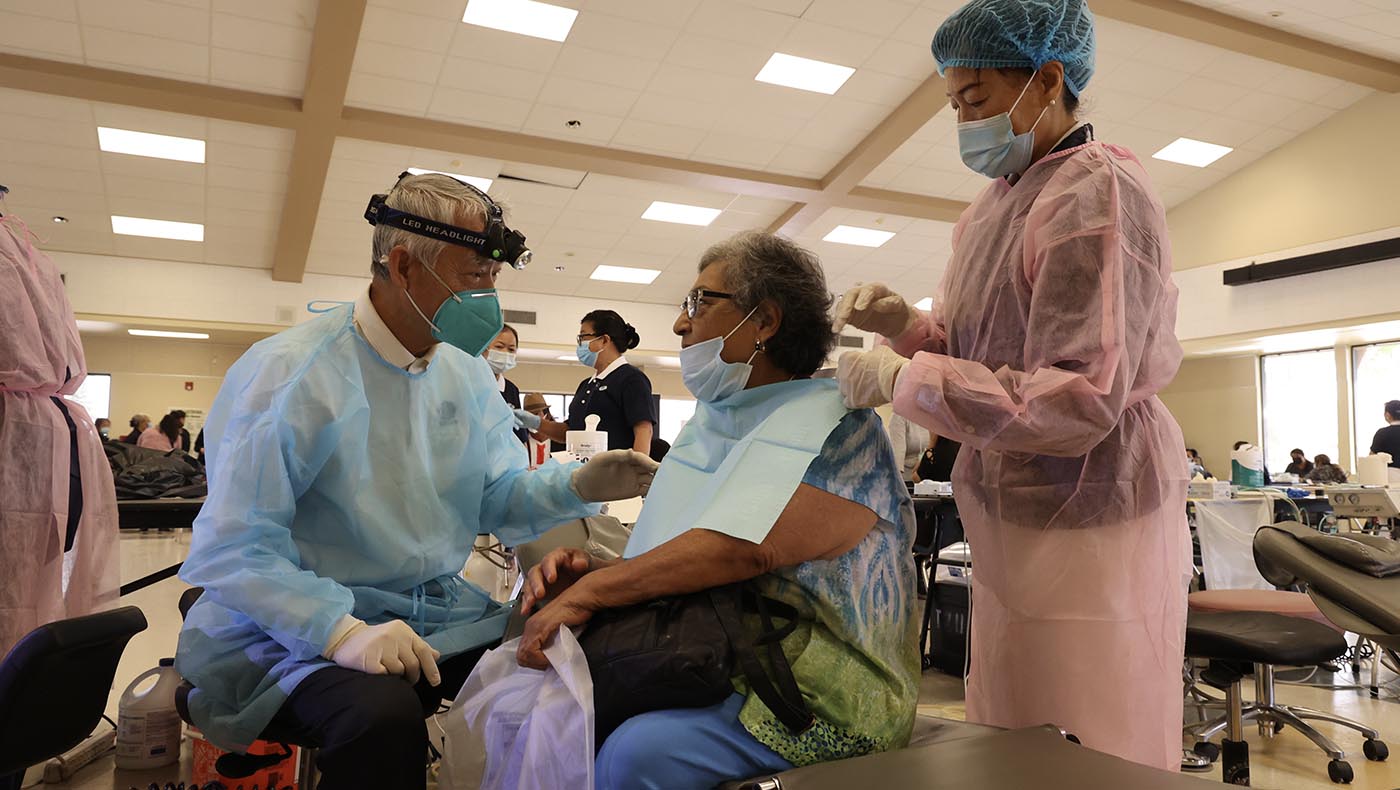
The bus drove for two hours and arrived at Golden Valley High School at about eight o’clock in the morning. A group of volunteers were already on site to register and fill in information for residents. The team also conducted on-site temperature checks and rapid COVID-19 screenings to protect everyone’s health and safety.
Since they had prepared in advance sufficiently, the volunteers found their workstations as soon as they arrived and began setting up the equipment. They were busy but orderly in their work. In a short time, the three free clinic departments, Dentistry, Western medicine, and Chinese medicine, were ready. The new volunteers saw the environmentally friendly multi-functional tent developed by Tzu Chi DaAi Technology. With a slight twist, a clinic consultation space appeared before their eyes, reducing the effort needed to set up. Everyone felt amazed and excited.
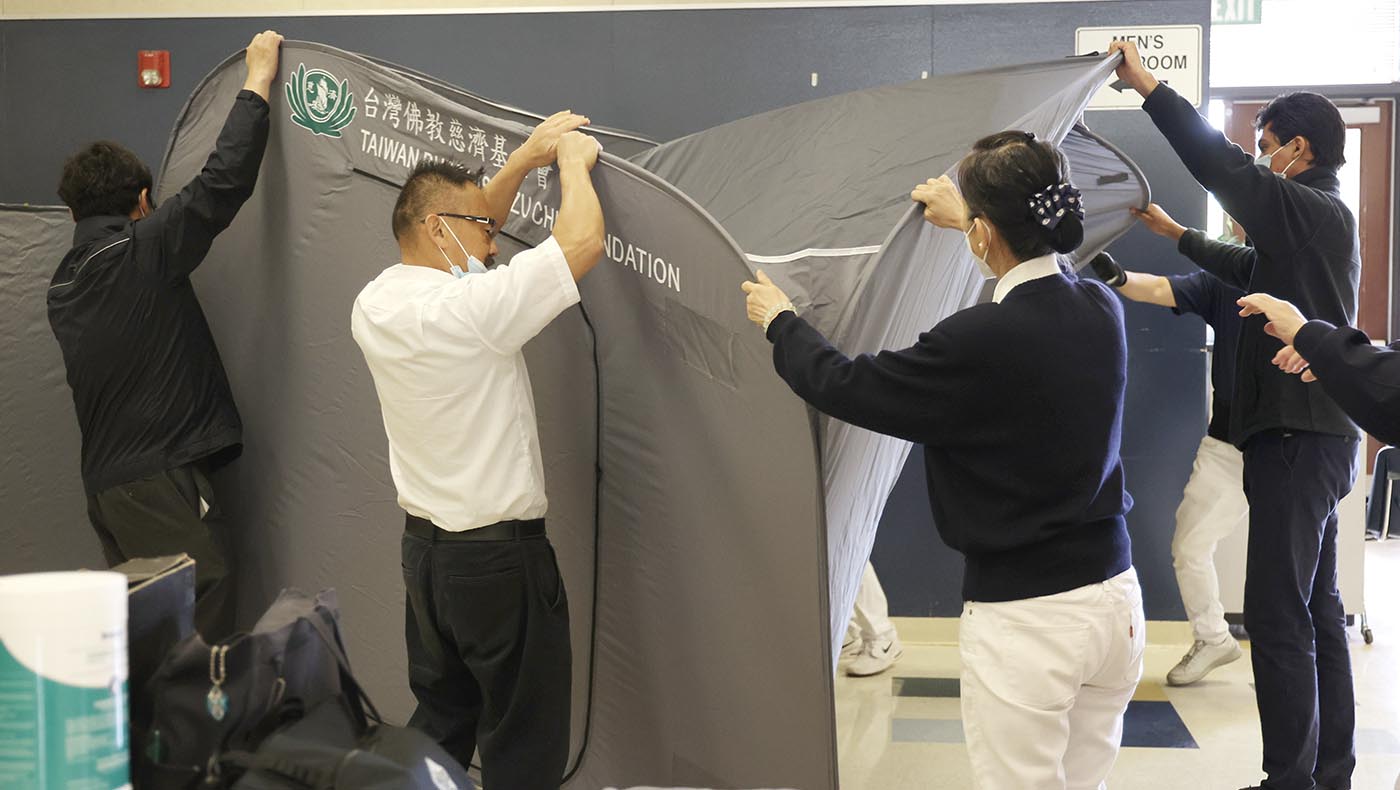
In addition, there were other “careful” highlights. During the pandemic, the medical team wasn’t idle. They took advantage of the period when there were no free clinics to think about how to improve the free clinic process and put a lot of effort into integrating equipment. “This is also our first attempt to re-integrate dental equipment,” Dr. Shirley Chen said. She hoped to do the most with the smallest workforce: “Each clinic station has a responsible point person to make the entire flow smoother.”
On this day, they met with the local CSF Medical Non-Profit Foundation. Dr. Deng was looking forward to it since they could provide more comprehensive patient services by joining hands with other organizations. It was the so-called “blessed fate” that everyone worked together, he shared. “Our weakest point is that we’re unable to provide further detailed services. By cooperating with this organization, they can provide specialist services to patients in the future, including surgery; this is excellent news. It’s our first contact, and we’re still learning from each other. We hope to have further cooperation,” Boren Deng declared.
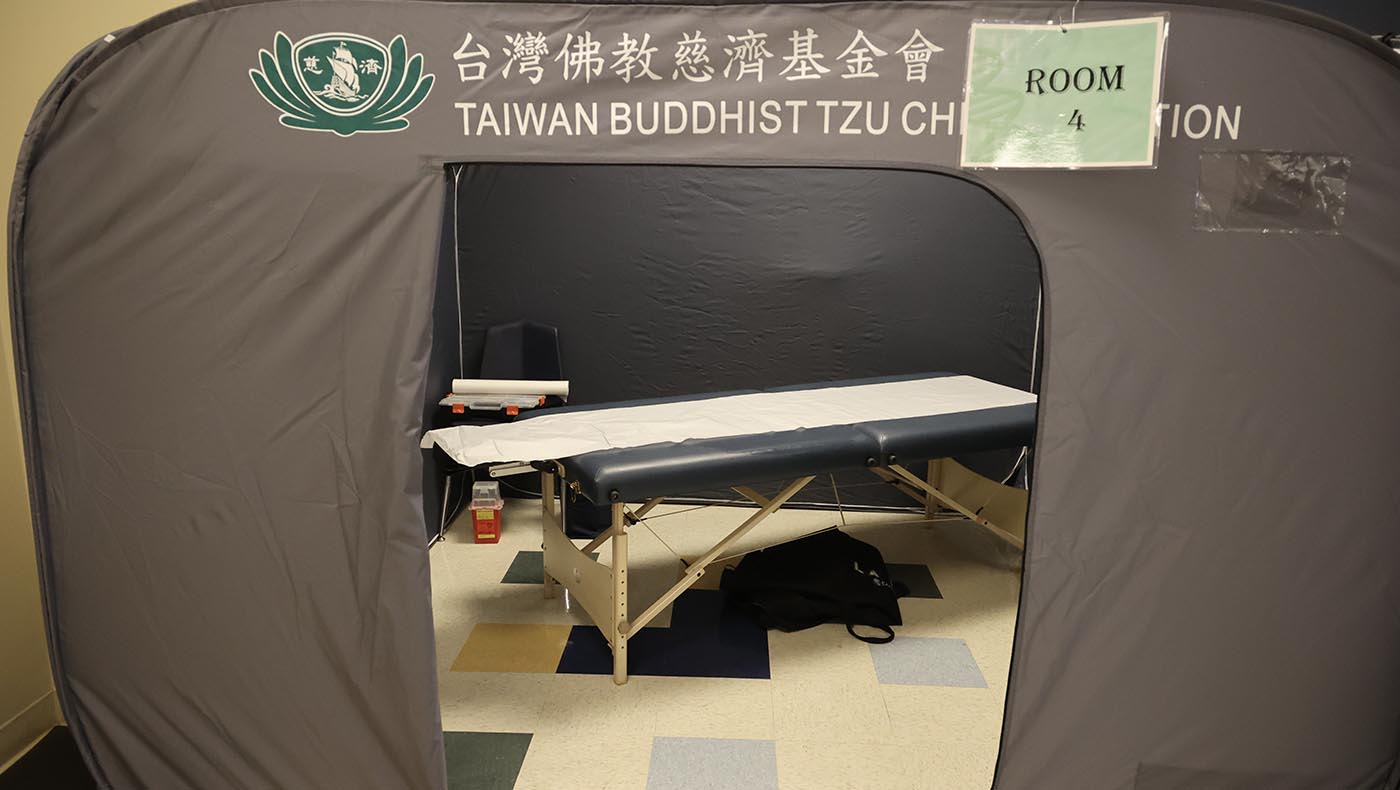
CSF personnel came to the clinic on the same day. Although they didn’t provide on-site consultation, they could offer specialized medical care in the follow-up, which made up for Tzu Chi’s shortcomings in specialized medical care. Through bilateral cooperation, Tzu Chi will be able to refer patients to the organization when they need further treatment in the future.
Overall, from continuous innovation in free clinic equipment to improving processes and integrating more organizational cooperation, every change and step aimed to provide patients with better care.
Los Angeles
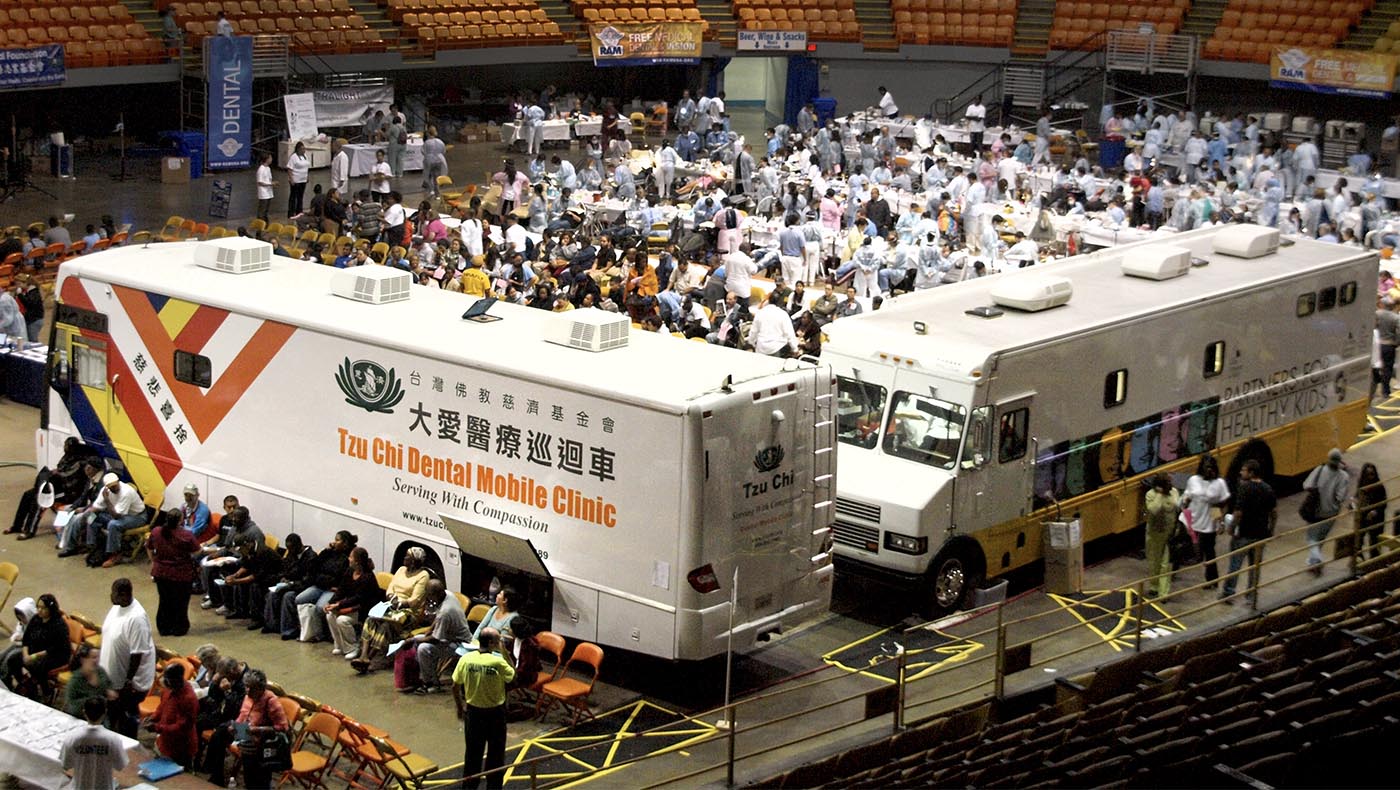
Tzu Chi cooperated with different non-profit organizations to conduct large-scale free clinics year-round from 2009 to 2017 at the Los Angeles Sports Arena or The Reef exhibition hall in downtown Los Angeles, serving uninsured and low-income patients. “TIMA first worked with Remote Area Medical, referred to as RAM, to host large-scale free clinics, and later joined Care Harbor to conduct free clinics in the city center every year,” said Debra Boudreaux, former Buddhist Tzu Chi Medical Foundation CEO.
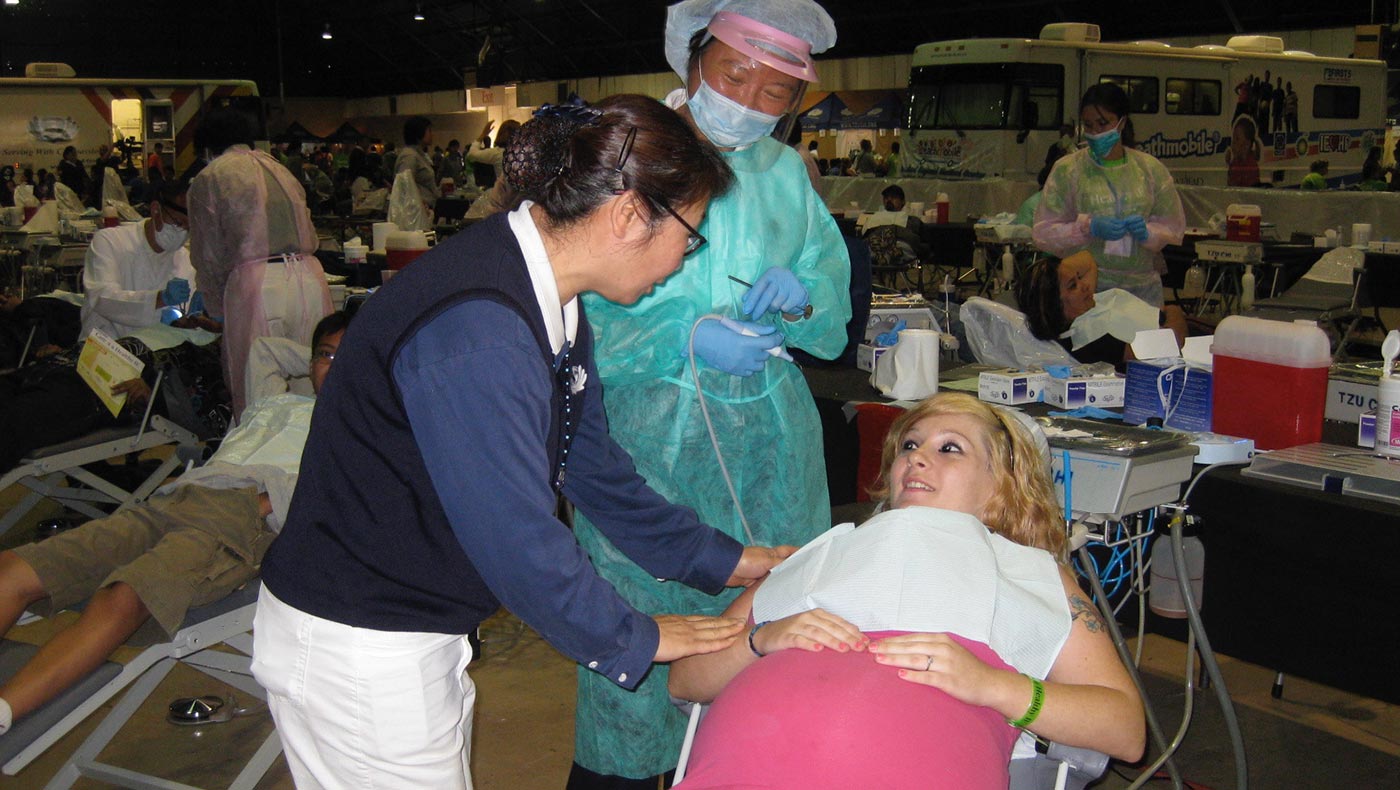
Each free clinic was held for four to seven consecutive days, treating more than 1,000 patients almost every day. It was Southern California’s largest free clinic event, with over 50 charity groups and 3,100 volunteers participating. “Care Harbor held a huge free clinic on October 31, 2013, which happened to be on Halloween, so there were only around 800 patients on the first day. After that, more than a thousand patients came to the clinic every day for three consecutive days,” TIMA volunteer Jane Lu recalled. “The doctors, nurses, and volunteers came from all over the country and contributed their own money and efforts as well as their love.”
Among them, Tzu Chi was one of the partners that contributed the most. The medical services provided by Tzu Chi at the large Care Harbor free clinics included internal medicine, dentistry, Traditional Chinese Medicine (TCM), and ophthalmology. Tzu Chi also had three Tzu Chi Mobile Clinic units on site, two dental and one vision. The Dental Mobile Clinics offered 63 sets of portable dental diagnosis and treatment equipment, 63 diagnosis and treatment chairs, nearly 500 sets of dental cleaning, filling and extraction equipment, a complete set of high-temperature sterilization equipment, and a dental pharmacy.
Moving such diagnostic and treatment equipment is no small matter. For example, in the 2015 Care Harbor Annual Free Clinic, 16 volunteers set out from the Tzu Chi Community Clinic in South El Monte before dawn, and on the first day, three Tzu Chi Mobile Clinics and two trucks loaded with medical equipment drove to the venue. They arrived at the empty stadium early in the morning. In the non-air-conditioned interior, the volunteers worked up a sweat as they set up one room after another from scratch, toiling from morning to night. They set up 15 Chinese medicine treatment rooms, 20 for Western medicine, eight for gynecological care, and 16 comprehensive clinics for podiatry, chiropractic, and psychological consultation services.
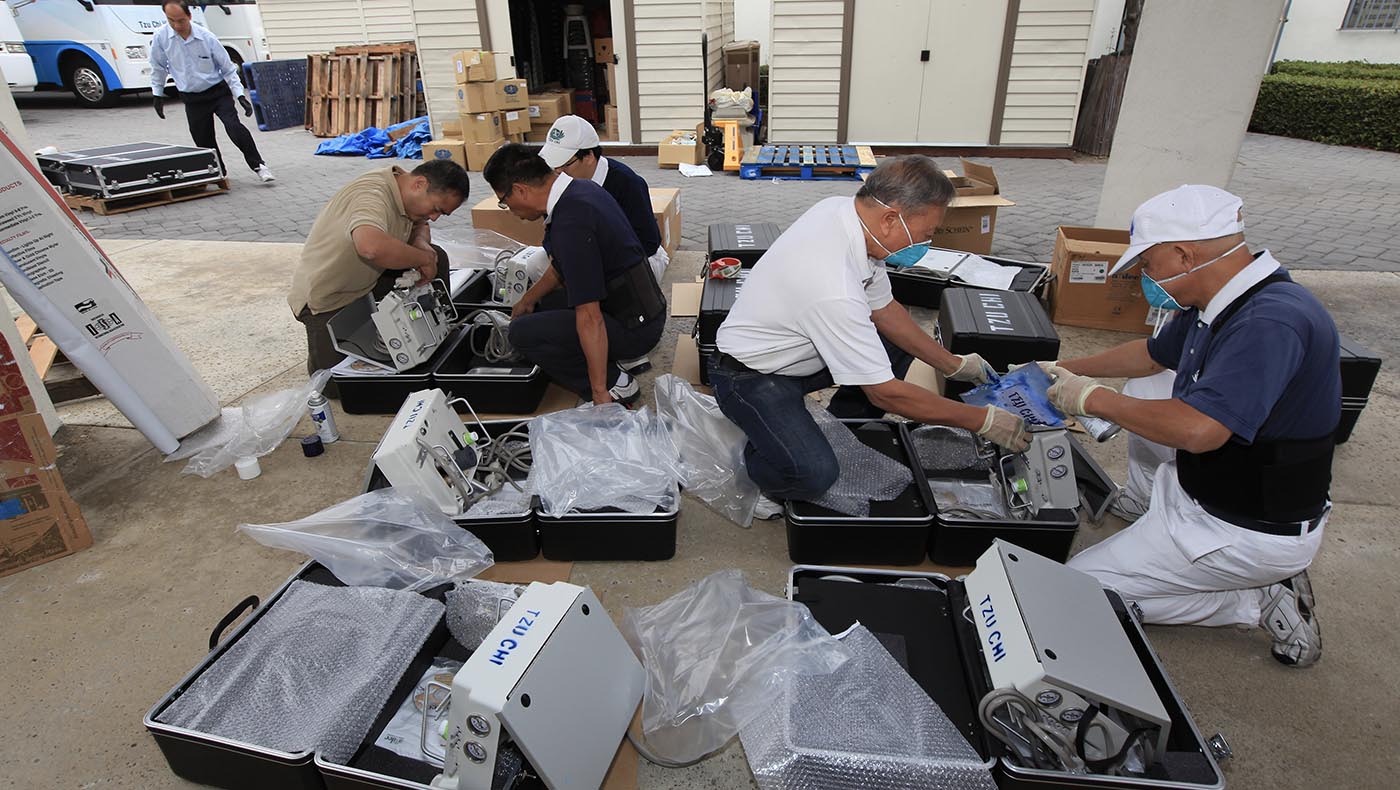
The next day, the volunteers returned to the venue in the dark early in the morning to continue the unfinished work of the previous day. In the dental care area, they installed two air compressors for dentistry. Chenwei Hsu carefully fixed the compressor air pipe with wooden strips, Kleever Lin installed the dental treatment chair, and Pengming Hsiung inspected the dental equipment. Jason Wong, who is always present when help is needed, was responsible for preparing equipment and planning the clinics for each department.
At that time, Hsu and Limei Lin hosted every large-scale free clinic, driving a large truck south from Northern California for eight or nine hours to transport dental equipment. Dr. Stephanie Wang would lead her team from Northern California to the south to support the free clinic. After arriving at the venue, she immediately sorted the dental instruments and completed the disinfection work.
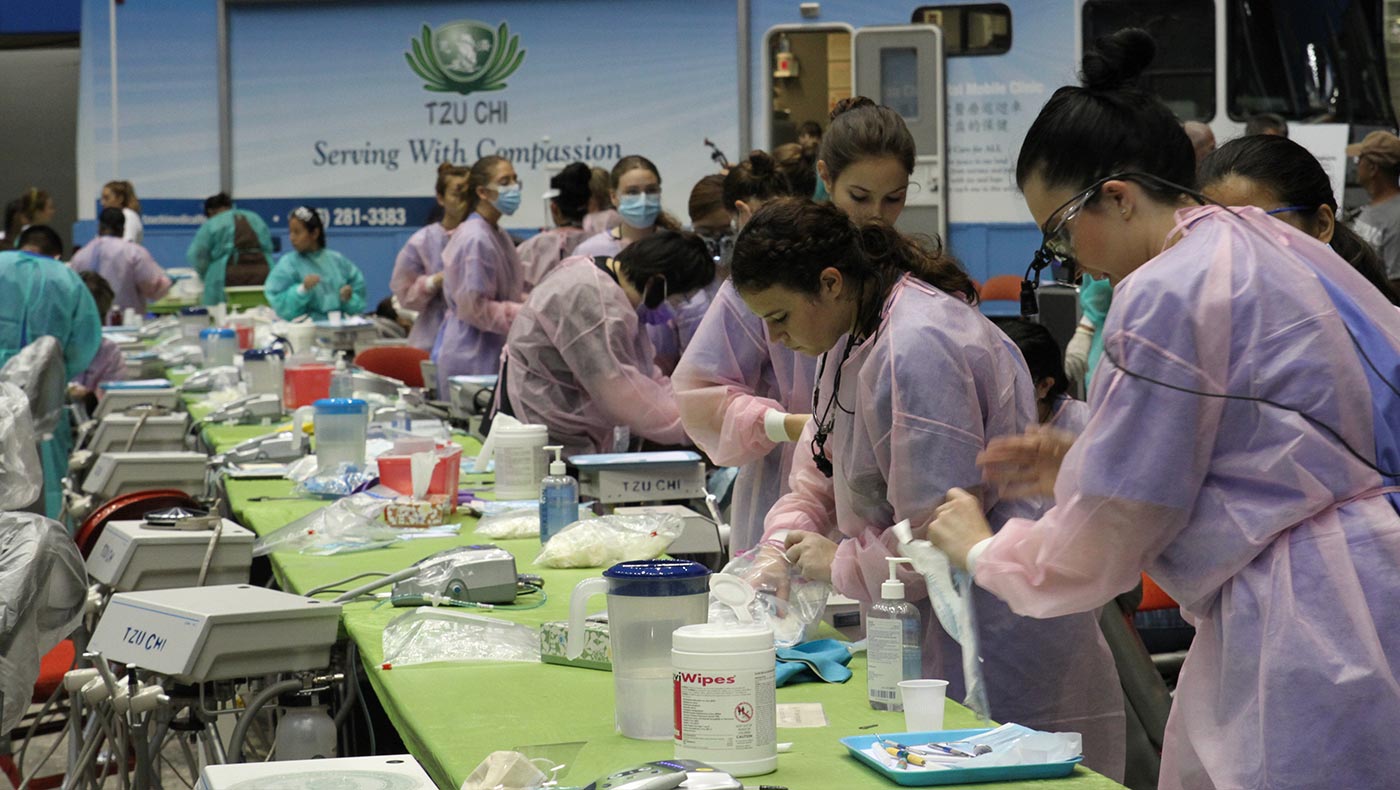
The 2015 Care Harbor clinic set up the registration area outside the venue. Inside, the organizers divided the space into six sections. The first, the largest, was for dental care, with more than 300 dental care staff on site. Led by the Tzu Chi team and dentists Daniel Cheng and Shirley Chen, they ran the entire operation process of tooth cleaning, tooth extraction, tooth filling, medication, instrument sterilization, personnel control, etc. They also provided two dental cars for more extensive treatments.
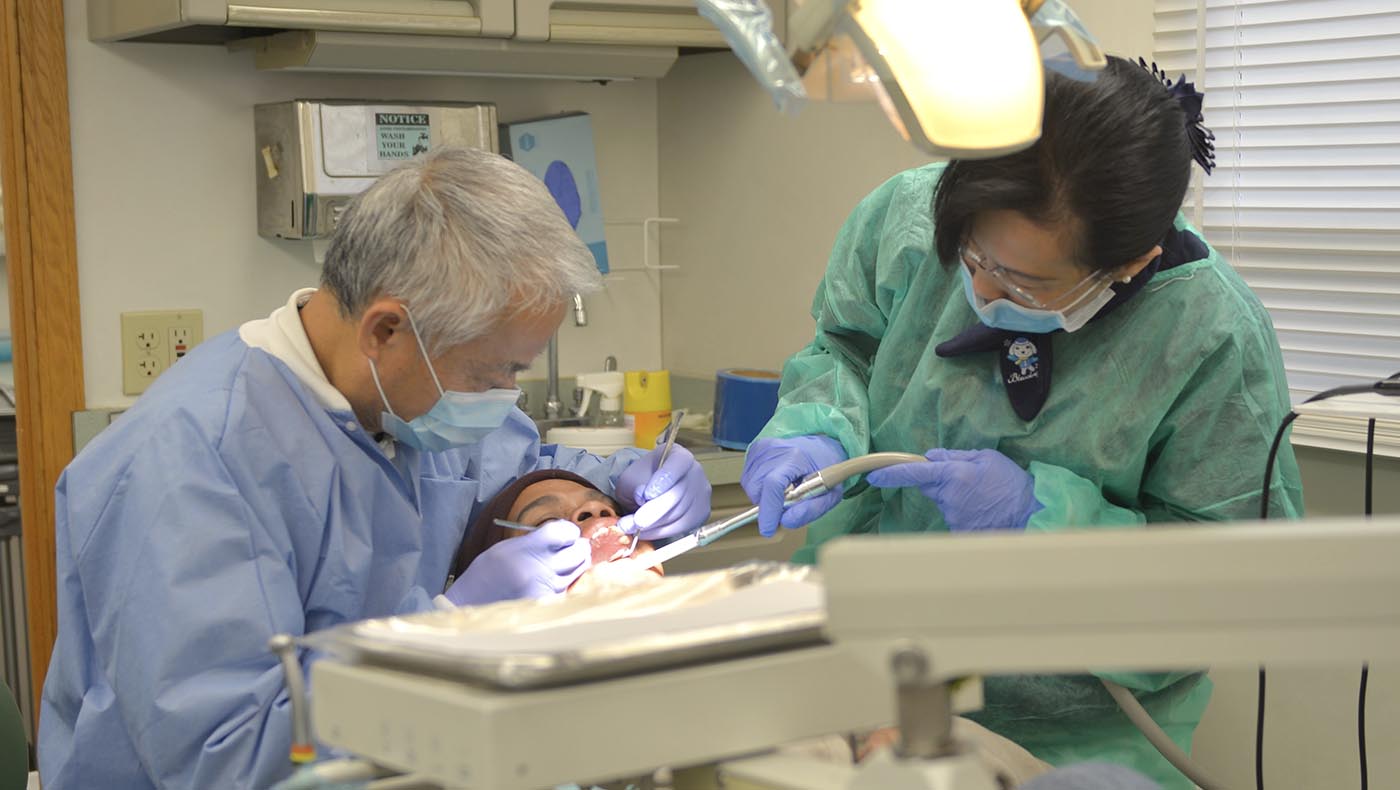
“Large-scale free clinics serve low-income and unhoused people. Some patients come in line at two or three in the morning to wait for medical services,” Susan Huang, a TIMA senior dental assistant, explained. And yet, she remained calm even in the face of hundreds of patients needing dental treatment and was always eager to learn more. “Care Harbor is a very experienced and large organization. They provide tooth extraction and cleaning services,” Huang said, “Care for teeth, dentures, root canal treatments, etc., were all carried out in an orderly manner. We learned a lot from this experience, and Tzu Chi began to operate independently after 2017.”
The second section, hosted by the University of California, Los Angeles (UCLA) School of Medicine, was for consultations in various specialties of Western medicine. A mobile medical vehicle was also in the area to promote AIDS prevention and treatment.
The third section, jointly supported by Tzu Chi, UCLA, the University of Southern California, and the Southern California Ophthalmology Association, was for ophthalmology. The first three groups each provided an ophthalmology cart at the site, while the Academy of Ophthalmology provided a mobile cart for ophthalmology tours. Tzu Chi’s vision care included free prescription glasses.
The fourth section was for TCM and Tzu Chi. The fifth was for general preventive medicine, medical information sharing, and health insurance promotion, while the sixth was for referrals. Seven medical vehicles were also on-site to provide various services, of which three were Tzu Chi Mobile Clinics. Vaccination services for influenza, tetanus, pneumonia, shingles, etc were also available.
Volunteer groups could be seen everywhere in the dental care section, paying attention to the needs of every dentist or patient and replenishing appliances at any time. In addition to a complete set of dental services, the latest dental scanner was also on site that could instantly make dentures, and braces could be fitted to the patient immediately. People who can’t afford dentures could be matched with a beautiful pair of teeth on the spot and then smile again confidently.
The dental equipment and other medical equipment provided by Tzu Chi are very holistic. As a dentist, I can get twice the result with half the effort when treating people.
Paul
Care Harbor Free Clinic Dentist
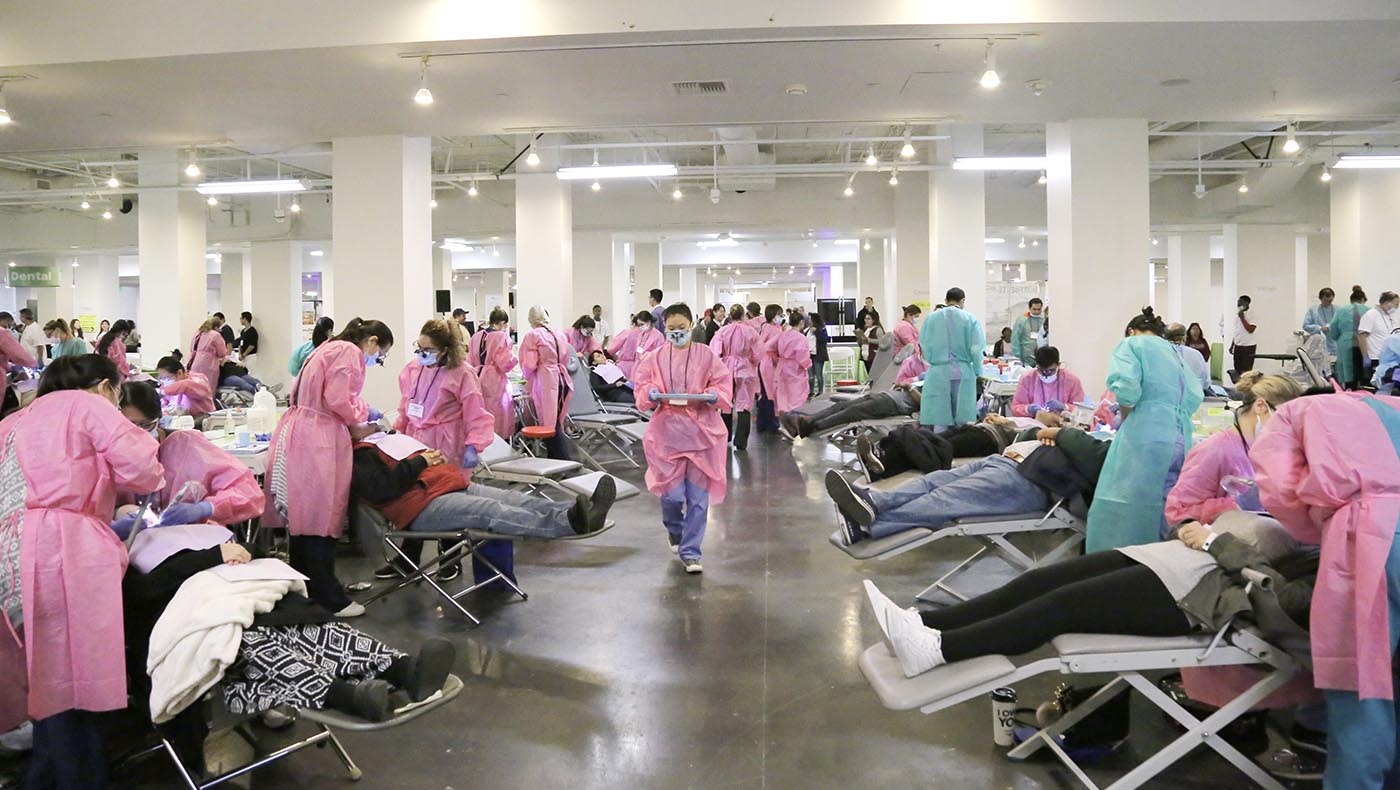
Looking back at the medical services provided by Tzu Chi at the Care Harbor event in 2015, the dental department had continued the oral cancer screenings offered in 2014 yet expanded the on-site production capacity for dentures. In 2014, only making front teeth was possible, but a year later, the team could make every tooth on-site, and the equipment and facilities were comparable to those of a hospital or clinic.
As for TCM, people seeking treatment packed the 15 Chinese medicine and acupuncture rooms. After years of trialing acupuncture, patients who had tried it had taken the initiative to spread the word to others. Many people came to the Care Harbor free clinic to try TCM specifically. Contrary to being the supporting cast, TCM was no longer just a department where patients kill time while waiting for other types of treatment. TCM practitioners helped patients with acupuncture and promoted the common sense ingrained in TCM health care and the importance of rehabilitation. Acupuncture helped reduce Jose Hertcraul’s waist pain significantly, and he felt much more agile. After her treatment, Gerbil Loghoa praised the doctor’s superb medical skills and offered a warm hug.
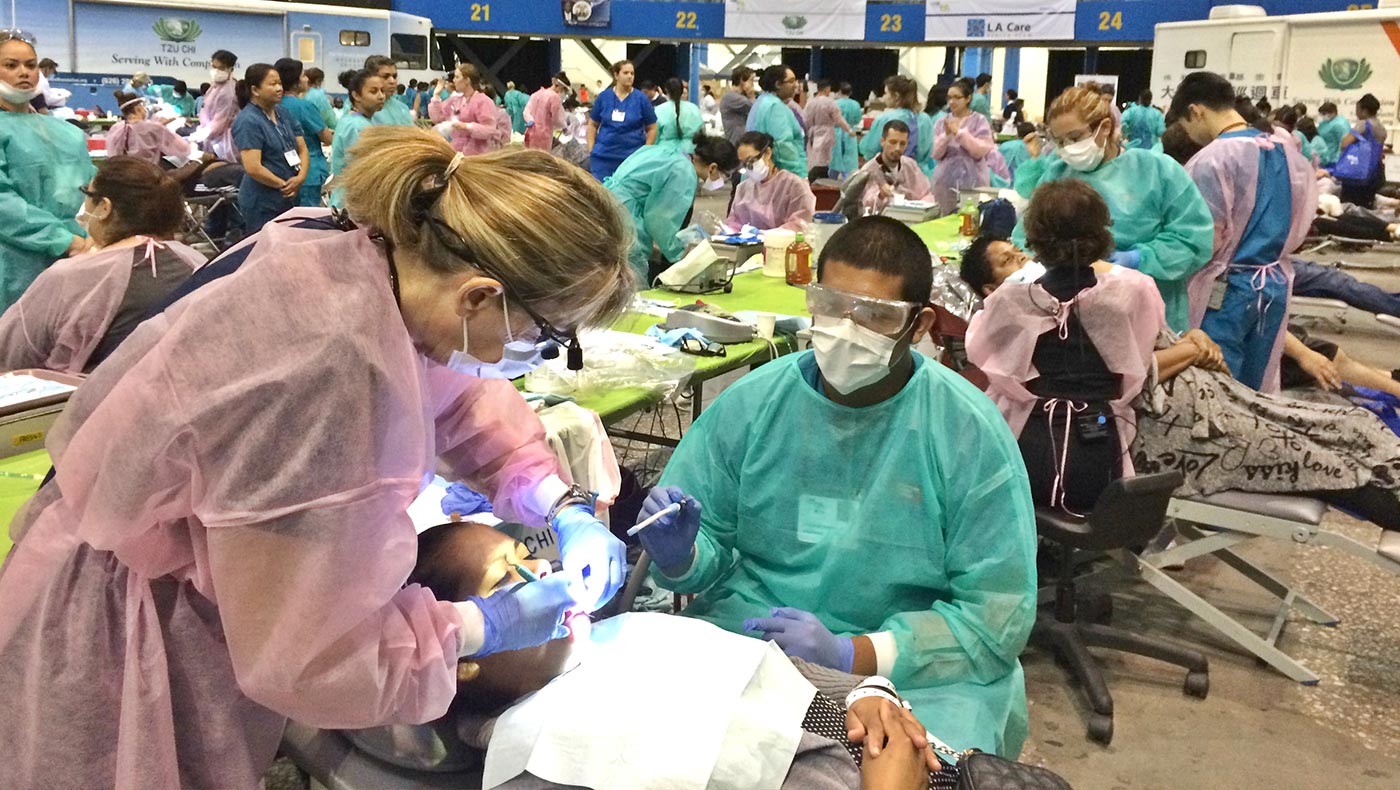
In terms of Western medicine, to provide more diversified services, the medical team invited doctors specializing in mental health consultation, public health, preventive health care, and STD and AIDS diagnosis, treatment, and prevention. Thus, the team could address the complicated diseases of our times.
In addition to routine influenza, tetanus, and pneumonia vaccinations, Care Harbor added the herpes zoster vaccine in 2015. Volunteers at the Tzu Chi booth promoted health education and explained how to prevent the “three highs” (hyperglycemia, hypertension, and hyperlipidemia). They also reminded everyone to pay attention to their diet and learn to take good care of their bodies. Patients and their families benefited greatly.
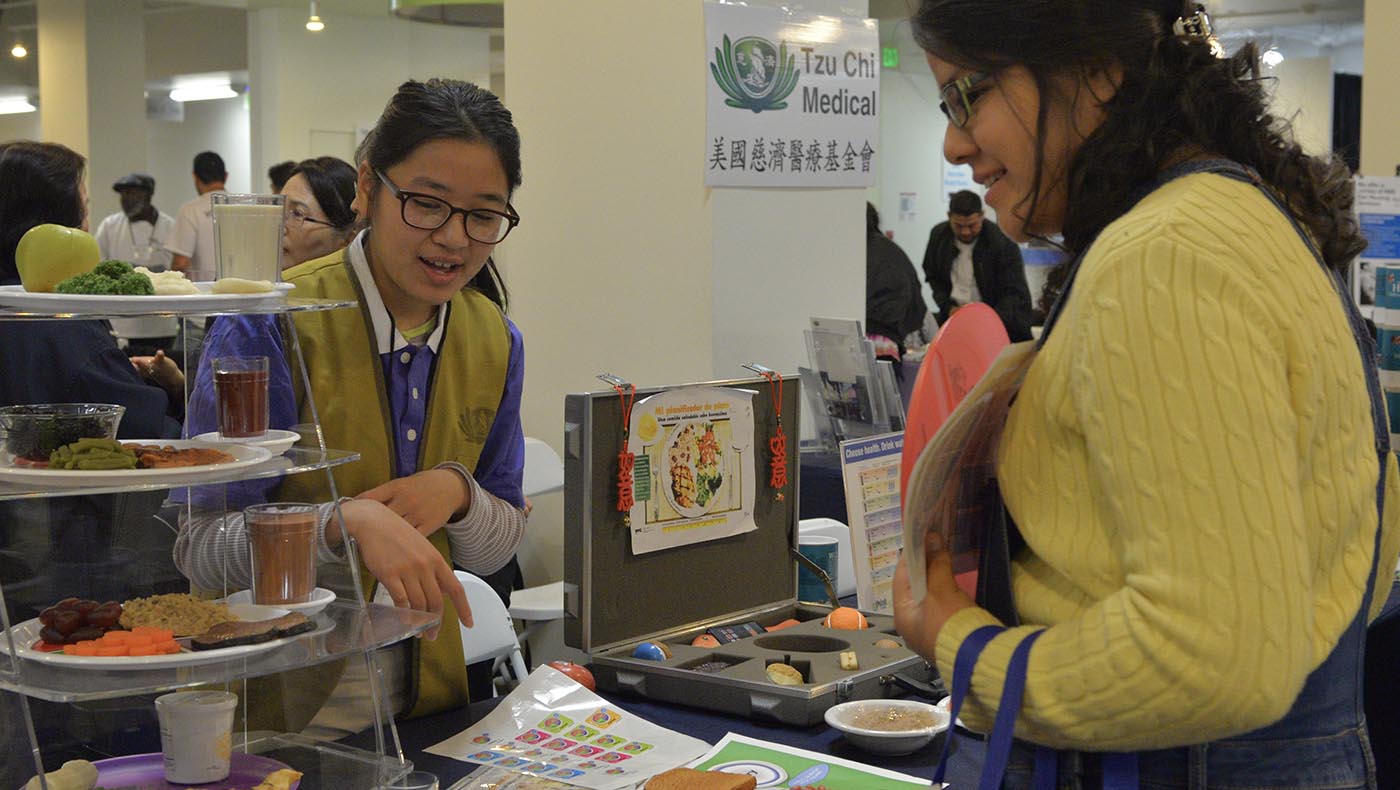
Tzu Chi volunteers used this opportunity to introduce Tzu Chi and its missions to more people and encourage them to join the path of good deeds. To the volunteers, this constitutes “Bodhisattva Enrollment,” as human bodhisattvas love and care for all sentient beings and aim to relieve suffering. They offered Tzu Chi bamboo banks and invited people to take one home to begin donating money to charity. Event attendees were also welcome to register as Care Harbor volunteers.
Tzu Chi volunteers additionally embellished the compact free clinic venue with floral arrangements. Their placement of the Zen-inspired contemplative flower arrangements around the space aligned with the recent emphasis on psychological well-being in Western medicine; the sight of the mindfully placed flowers therapeutically enhanced the patients’ mental and psychological state. The public praised the initiative.
